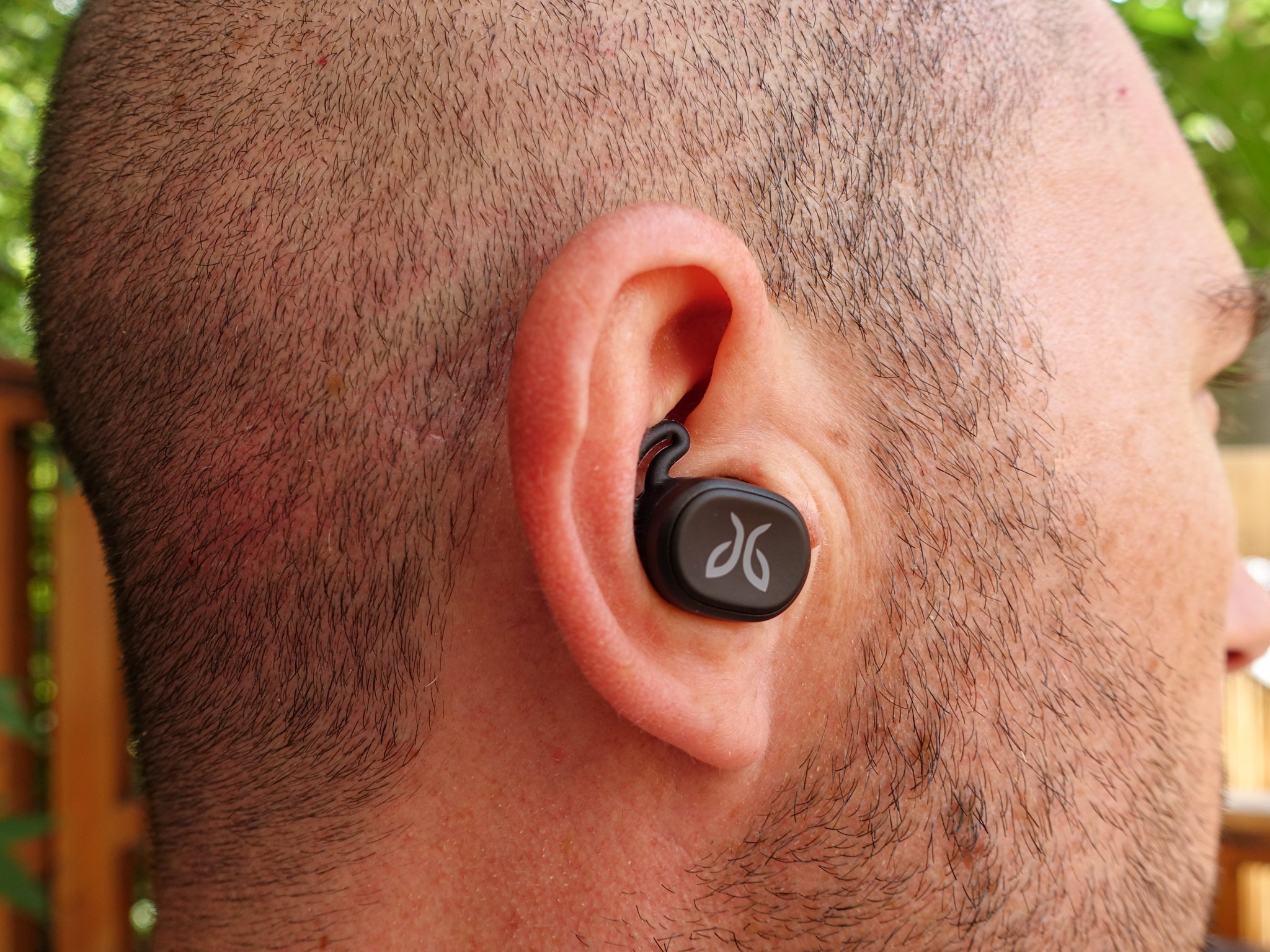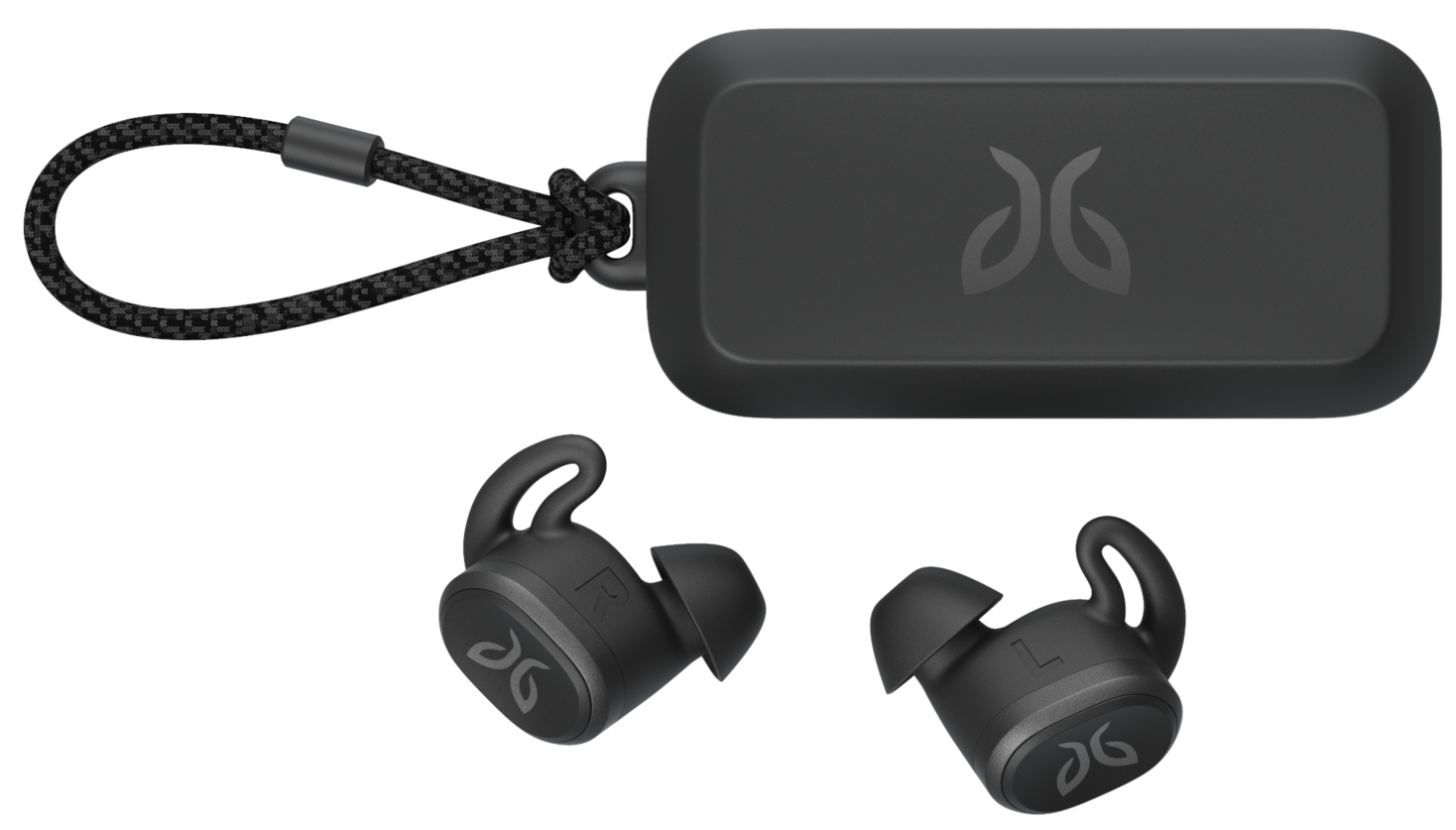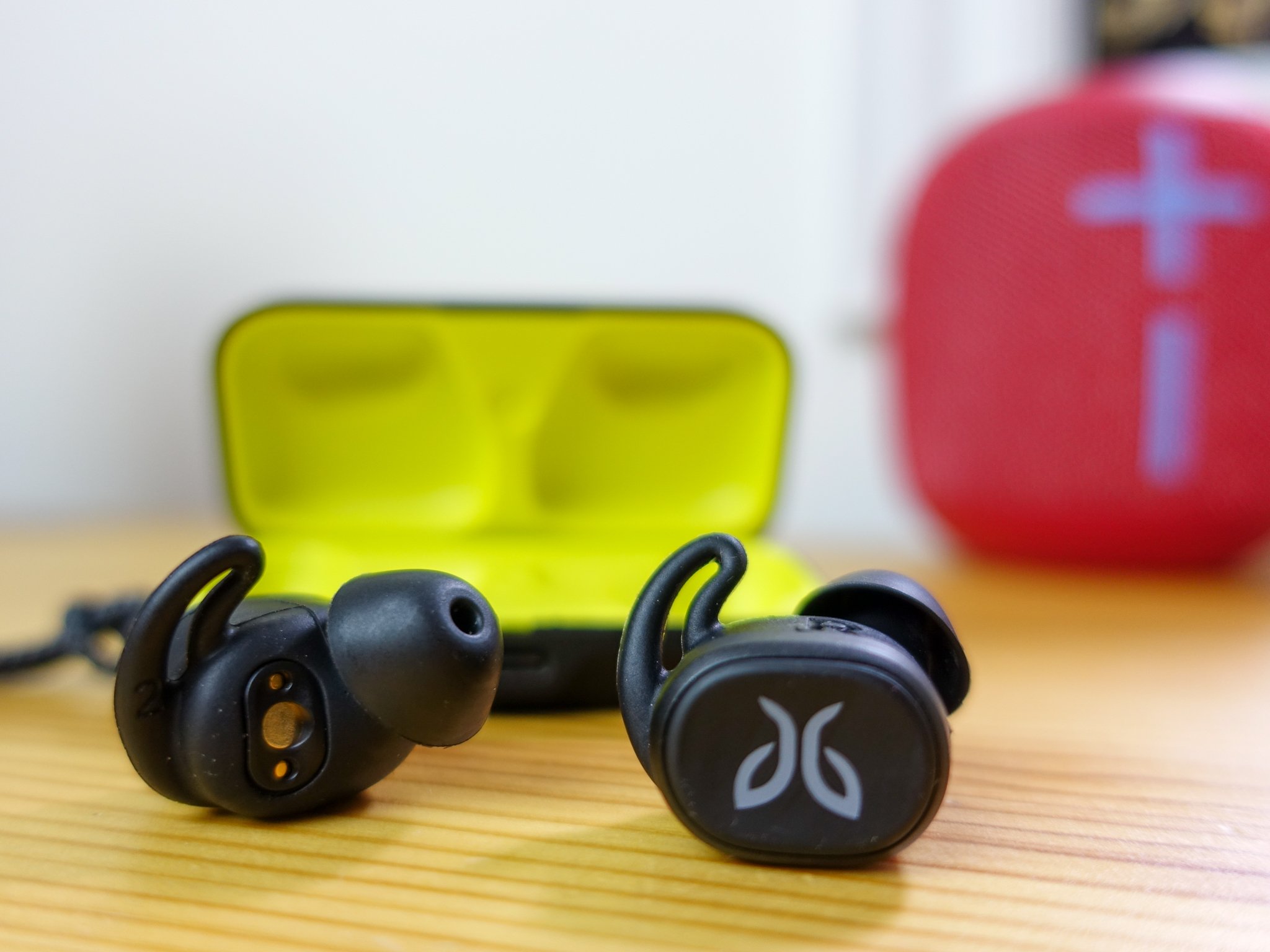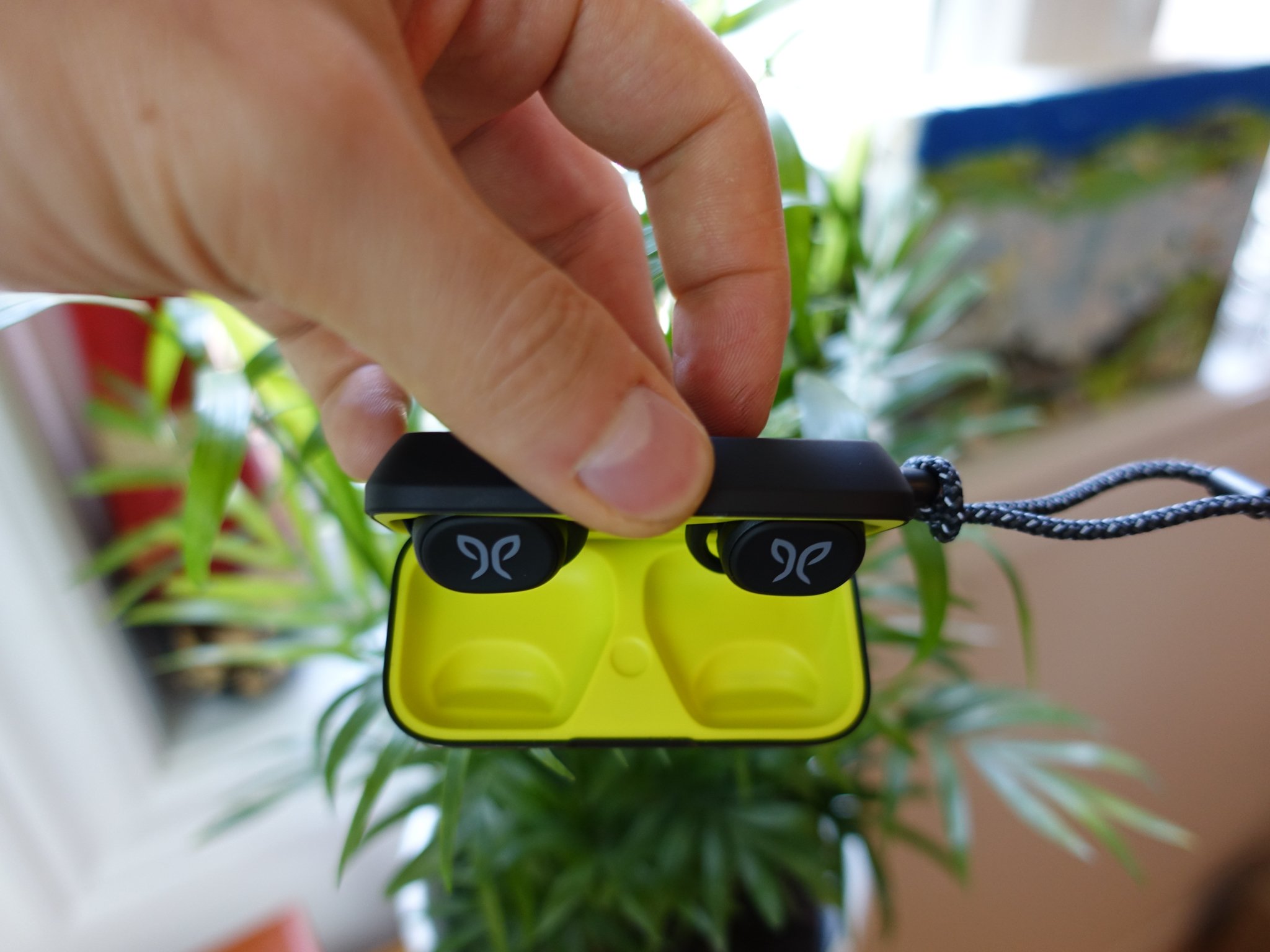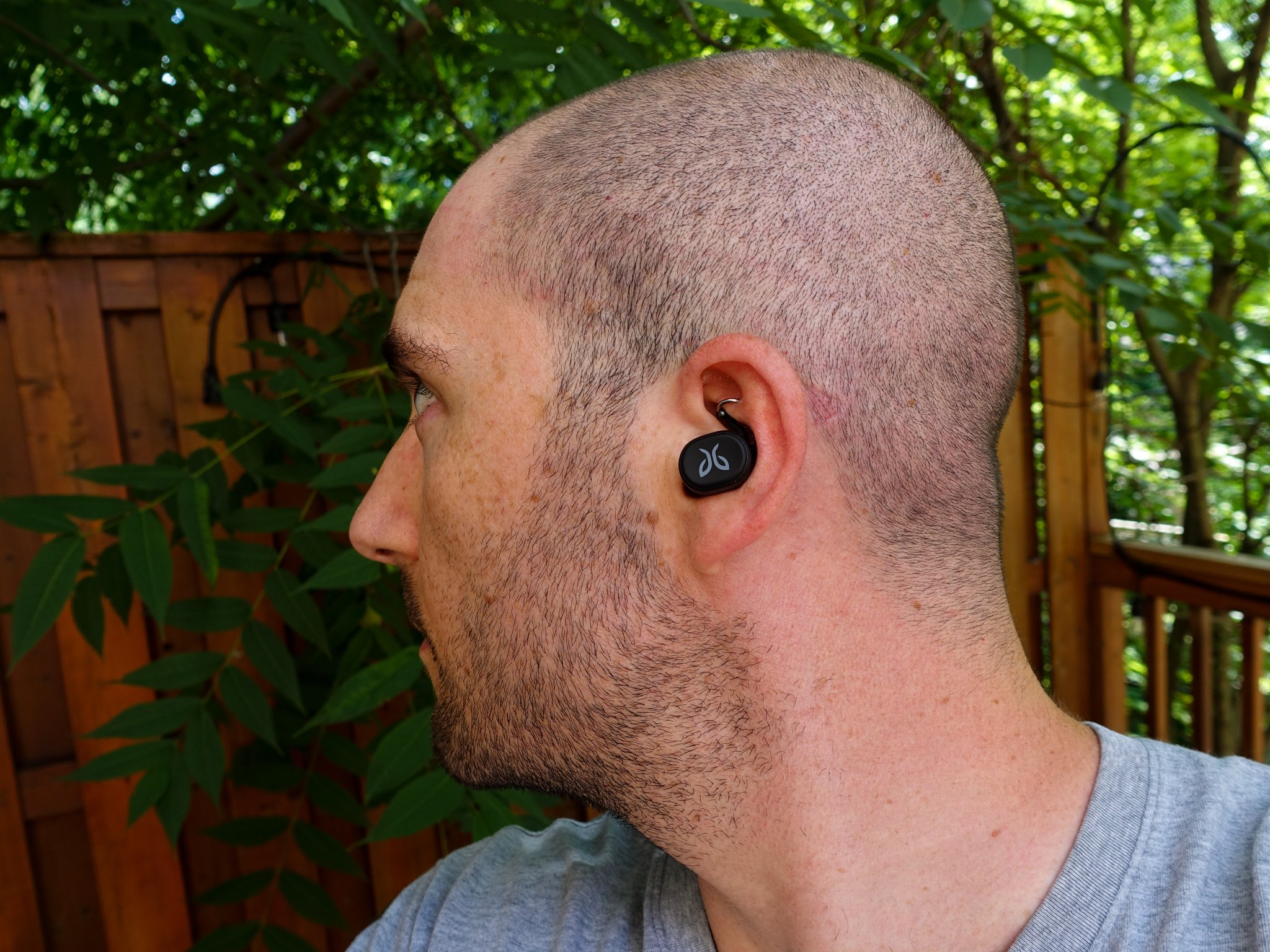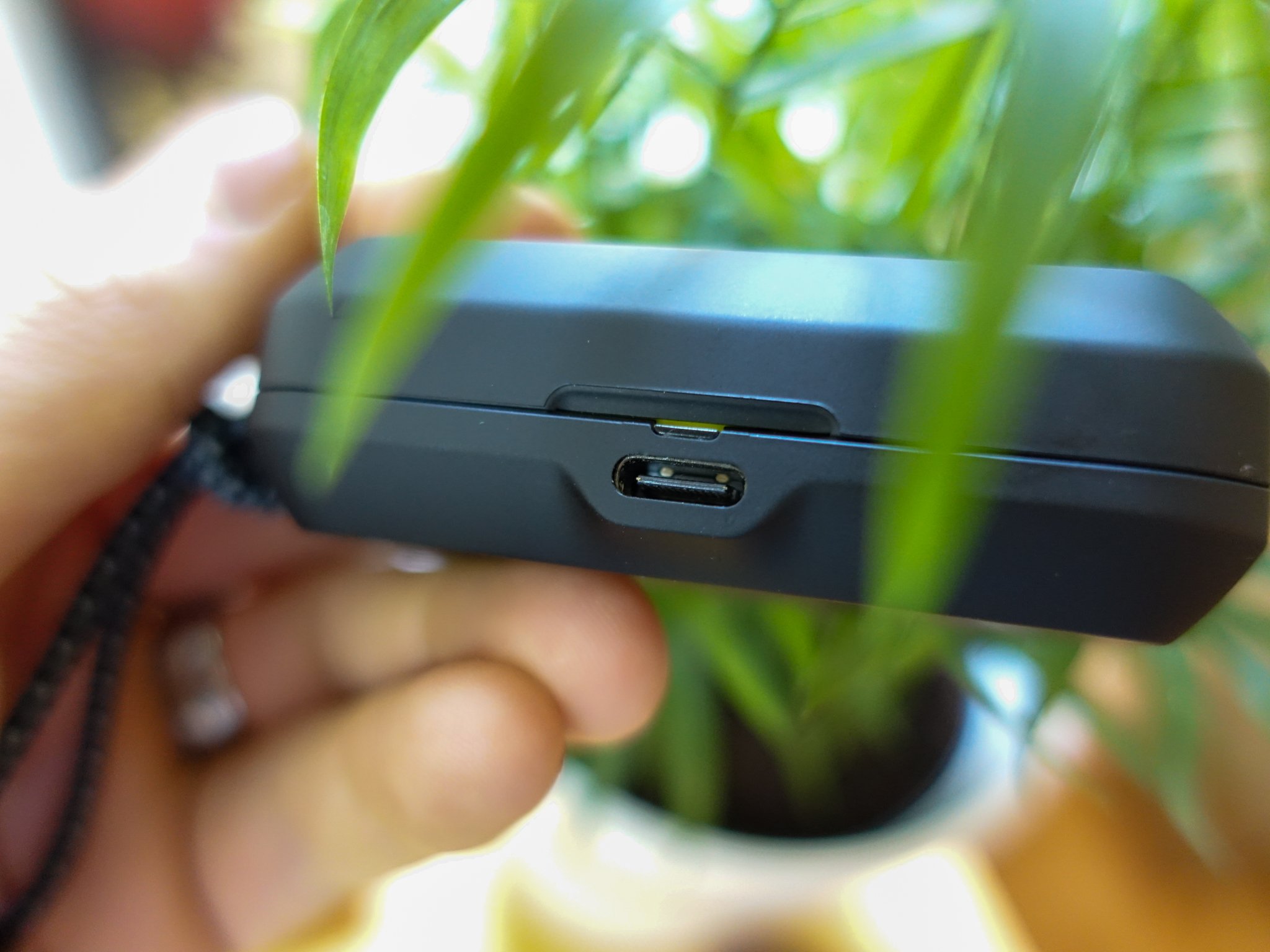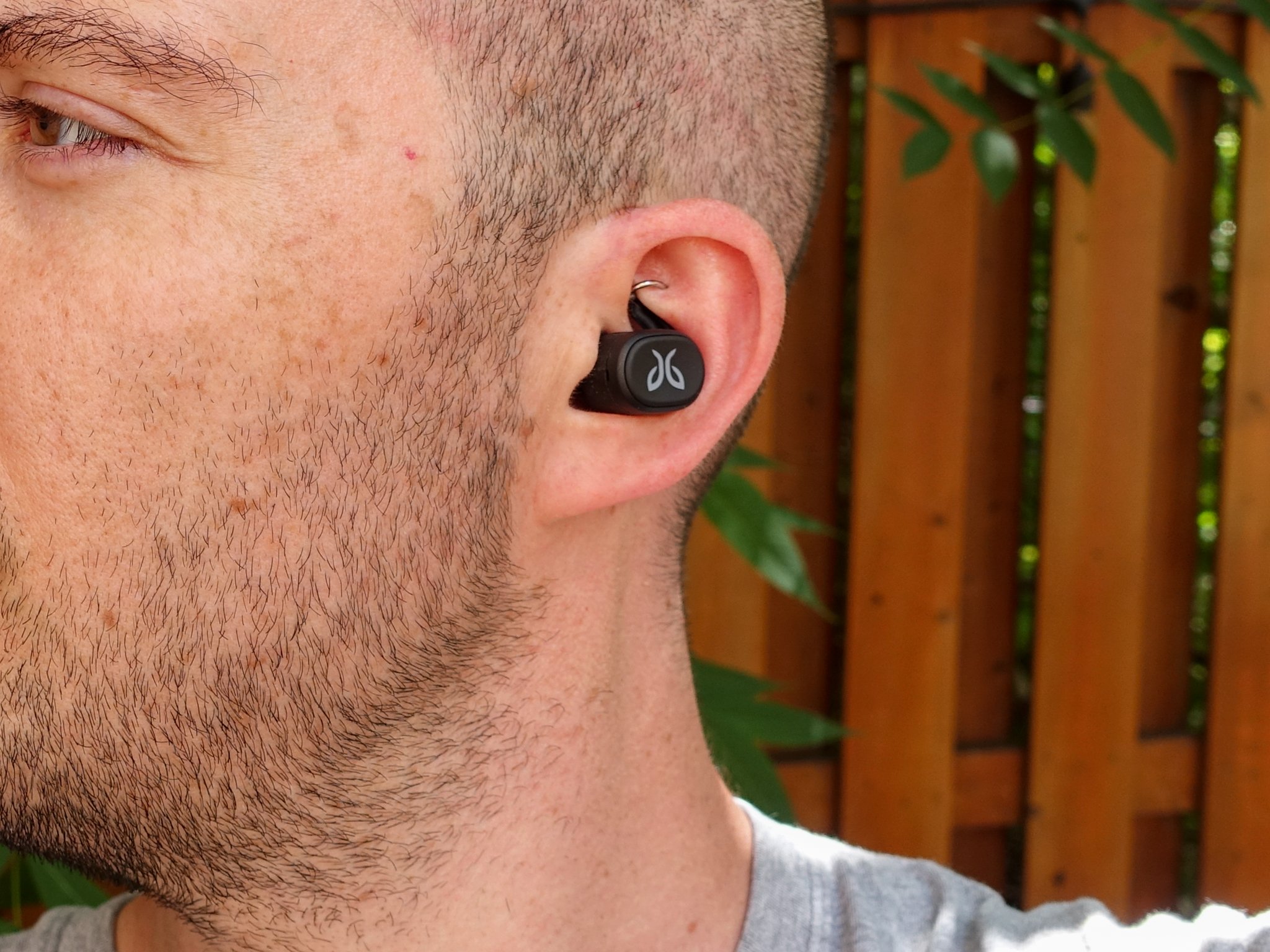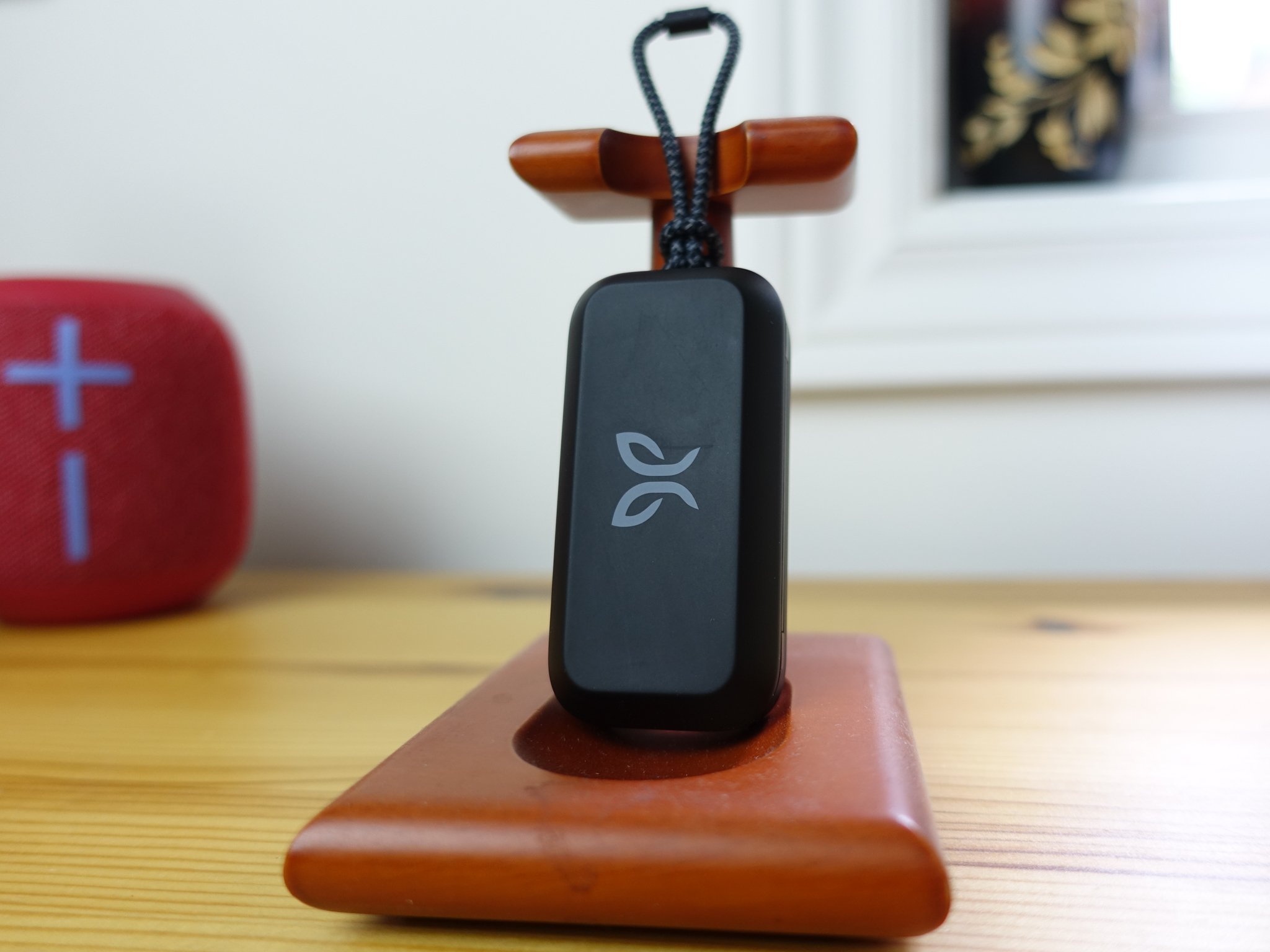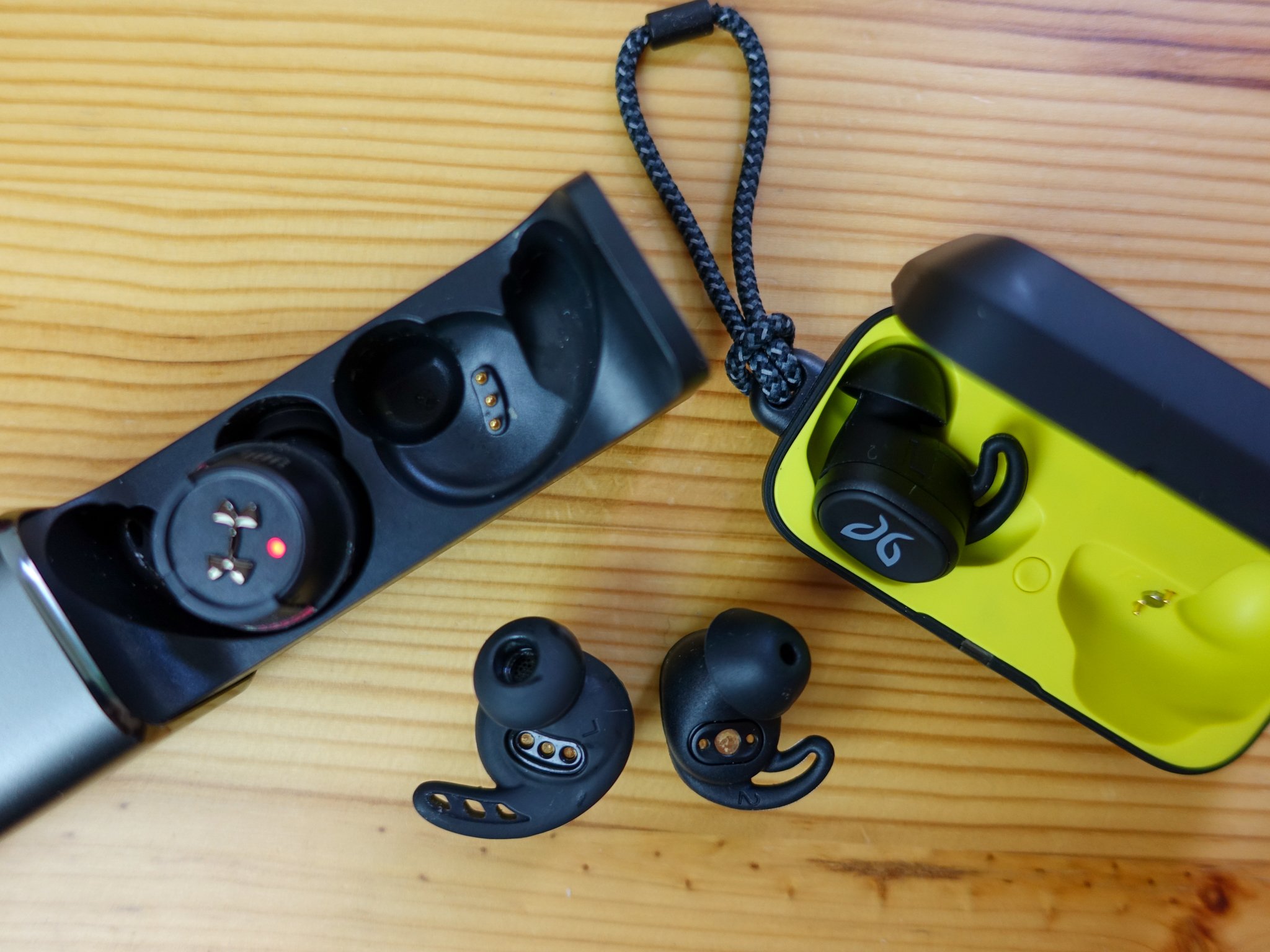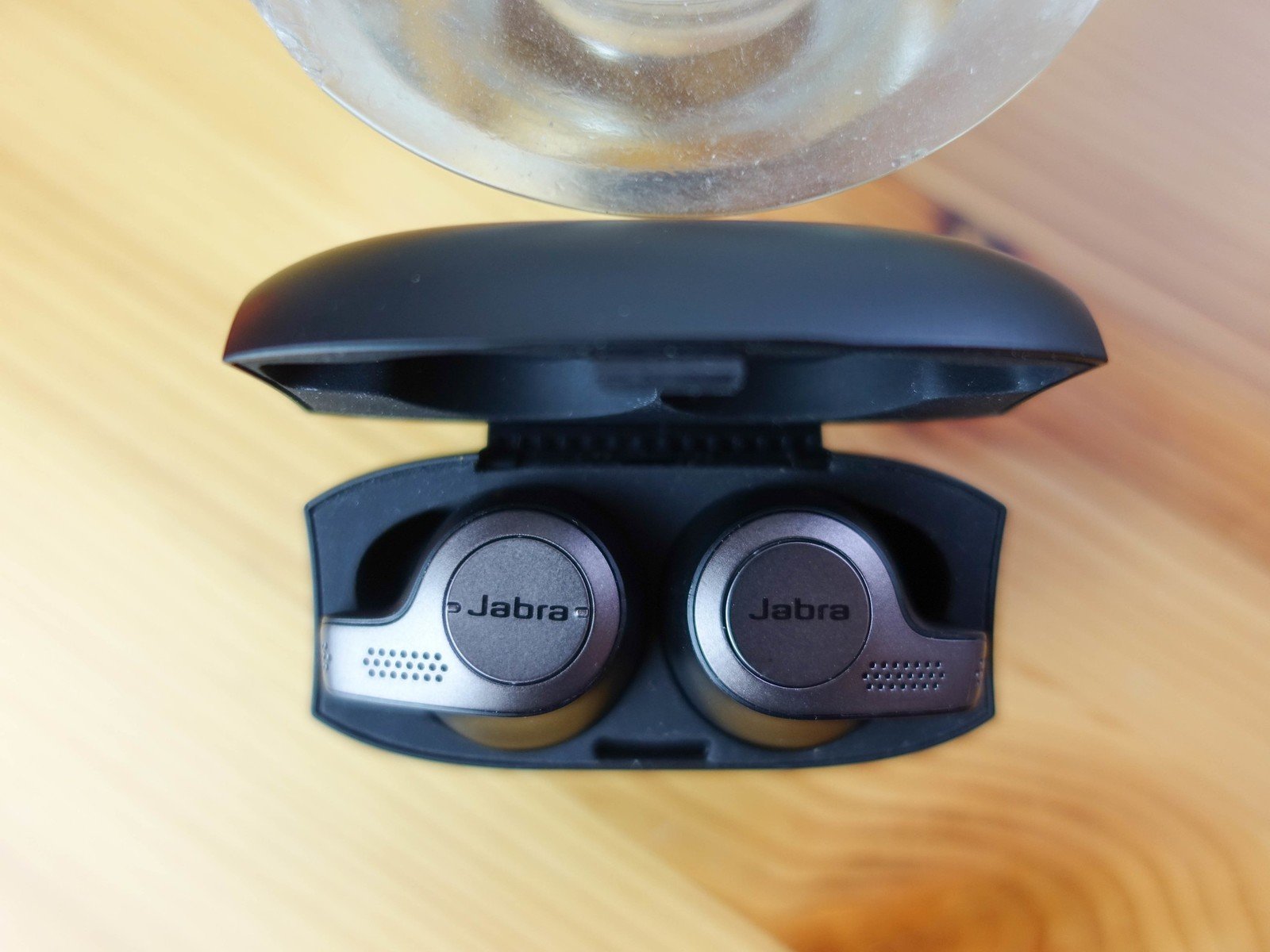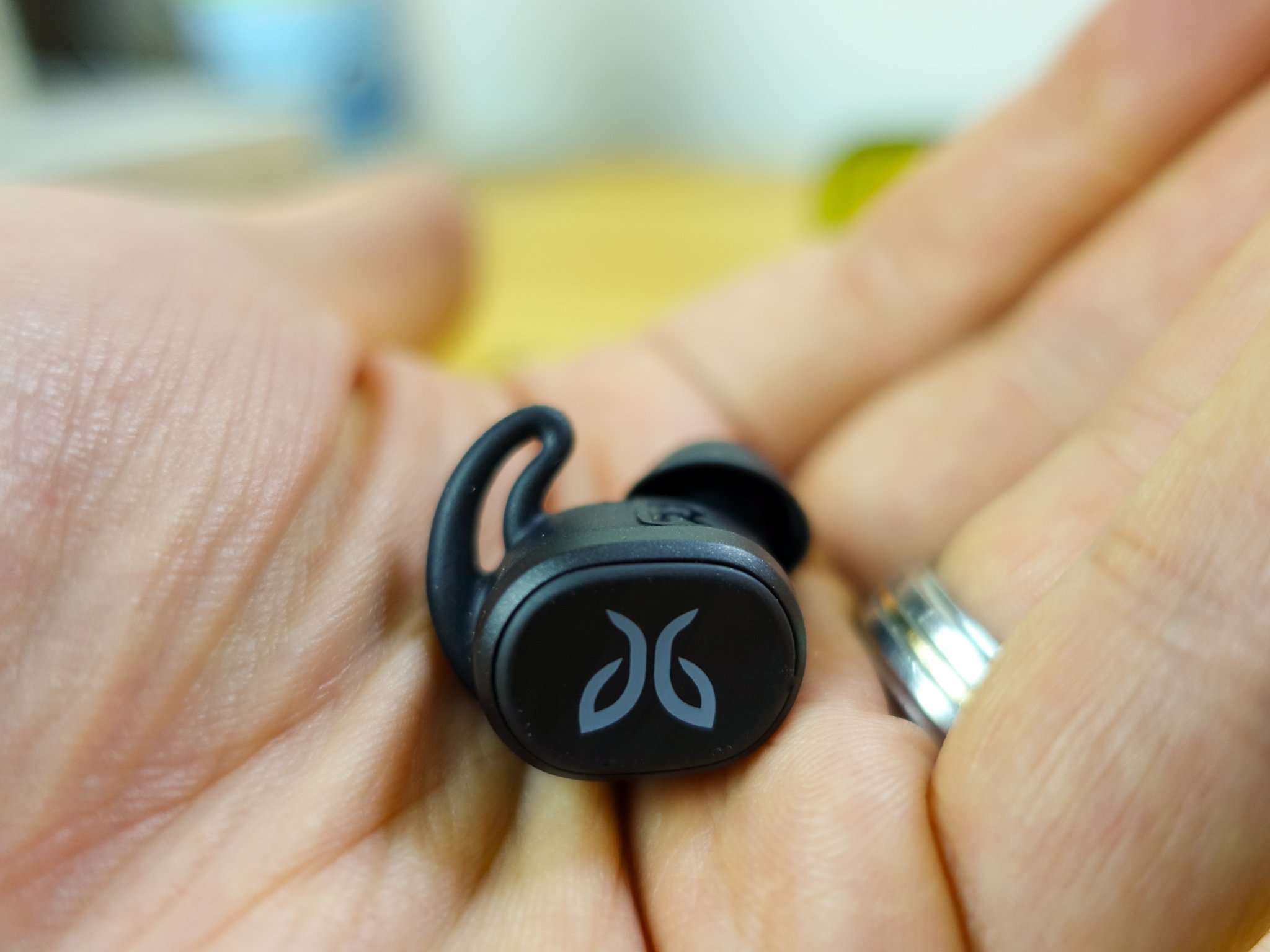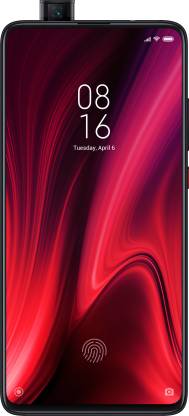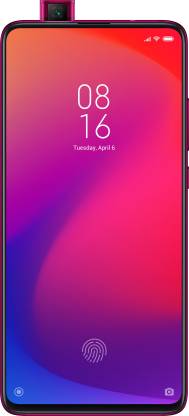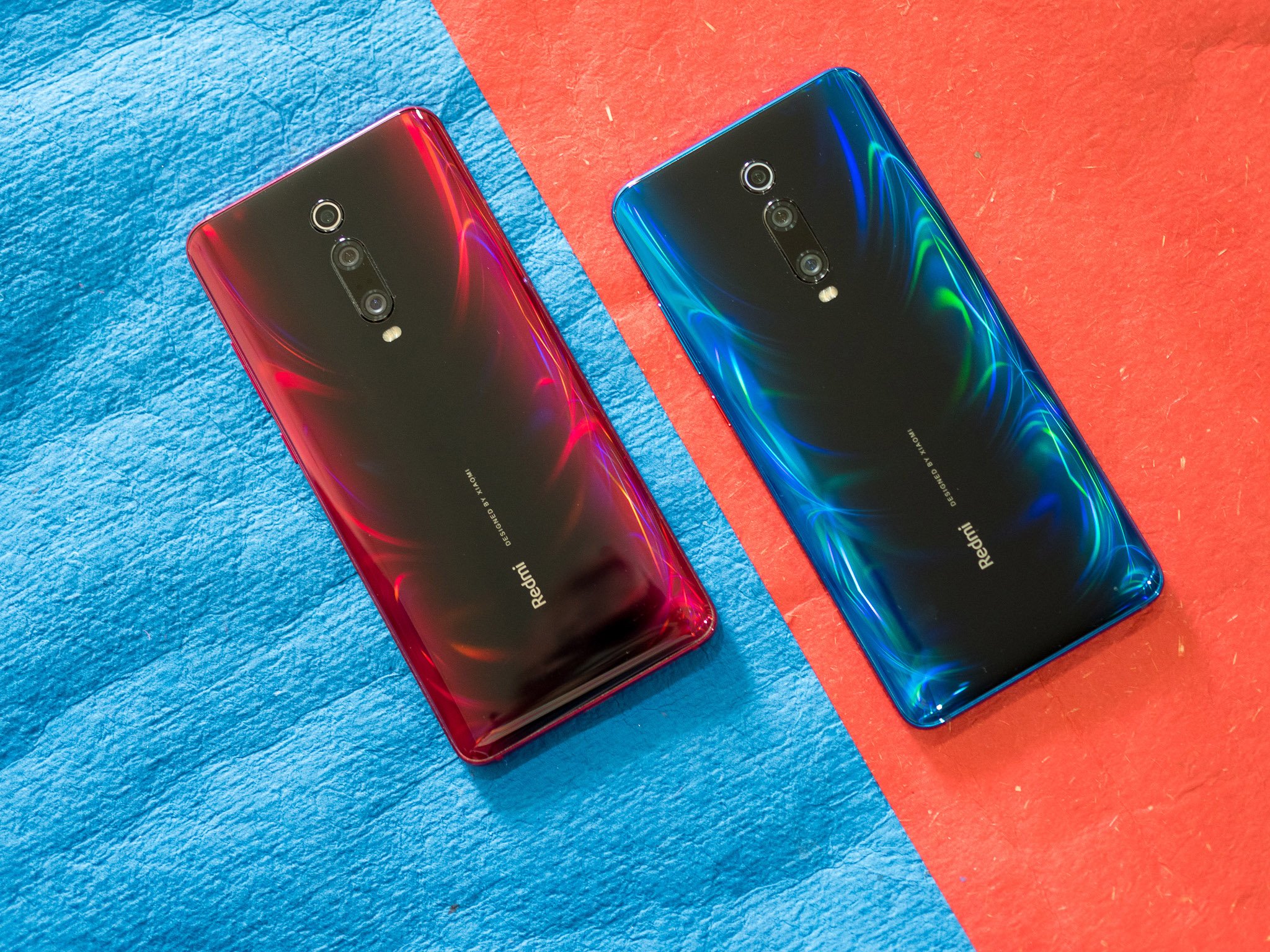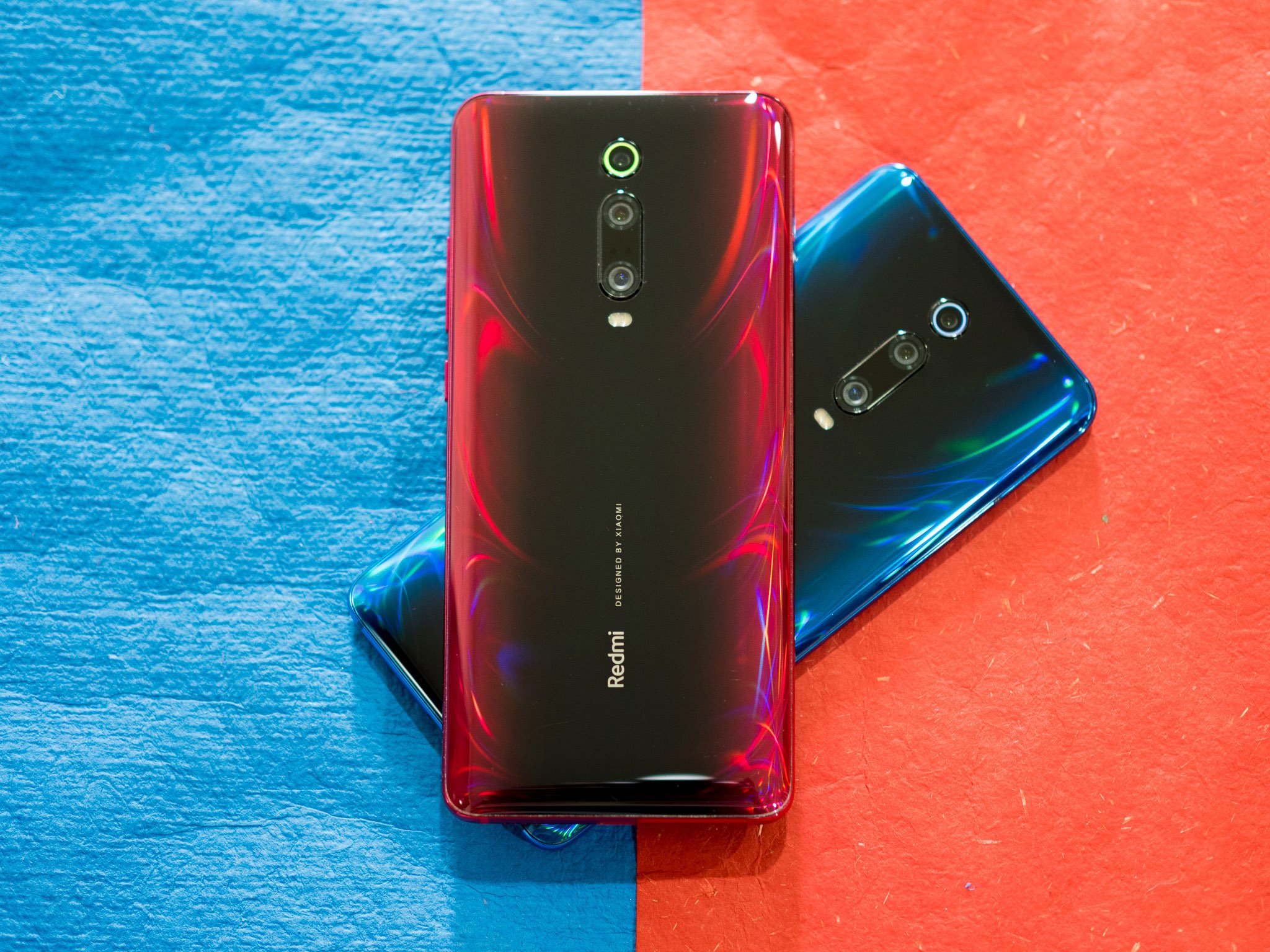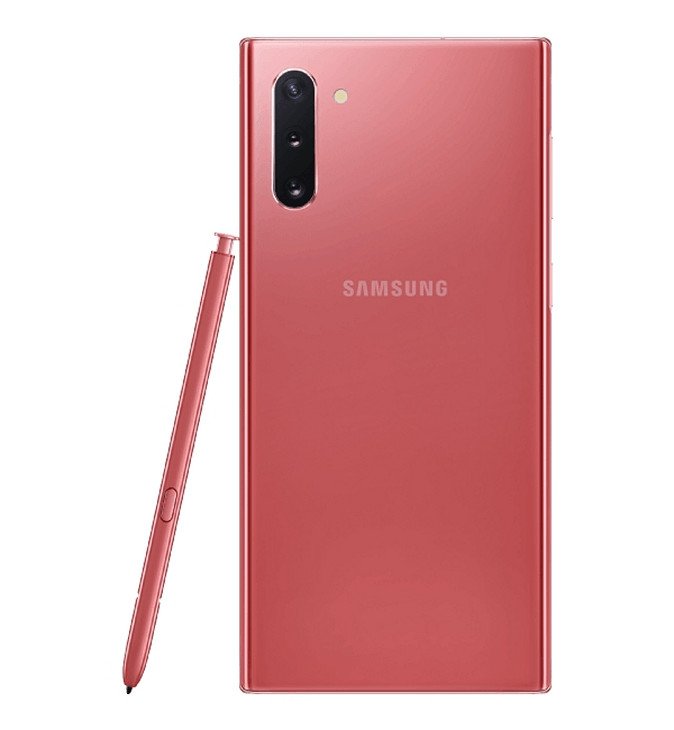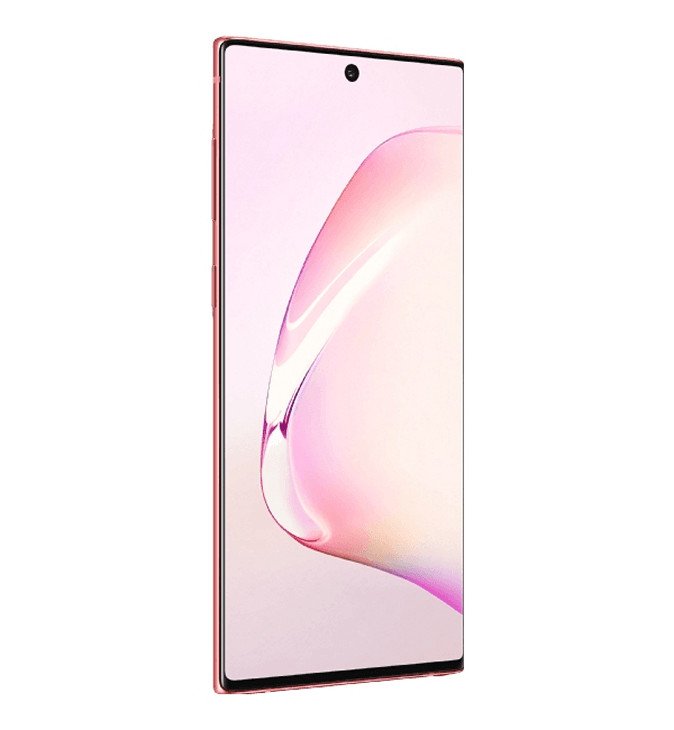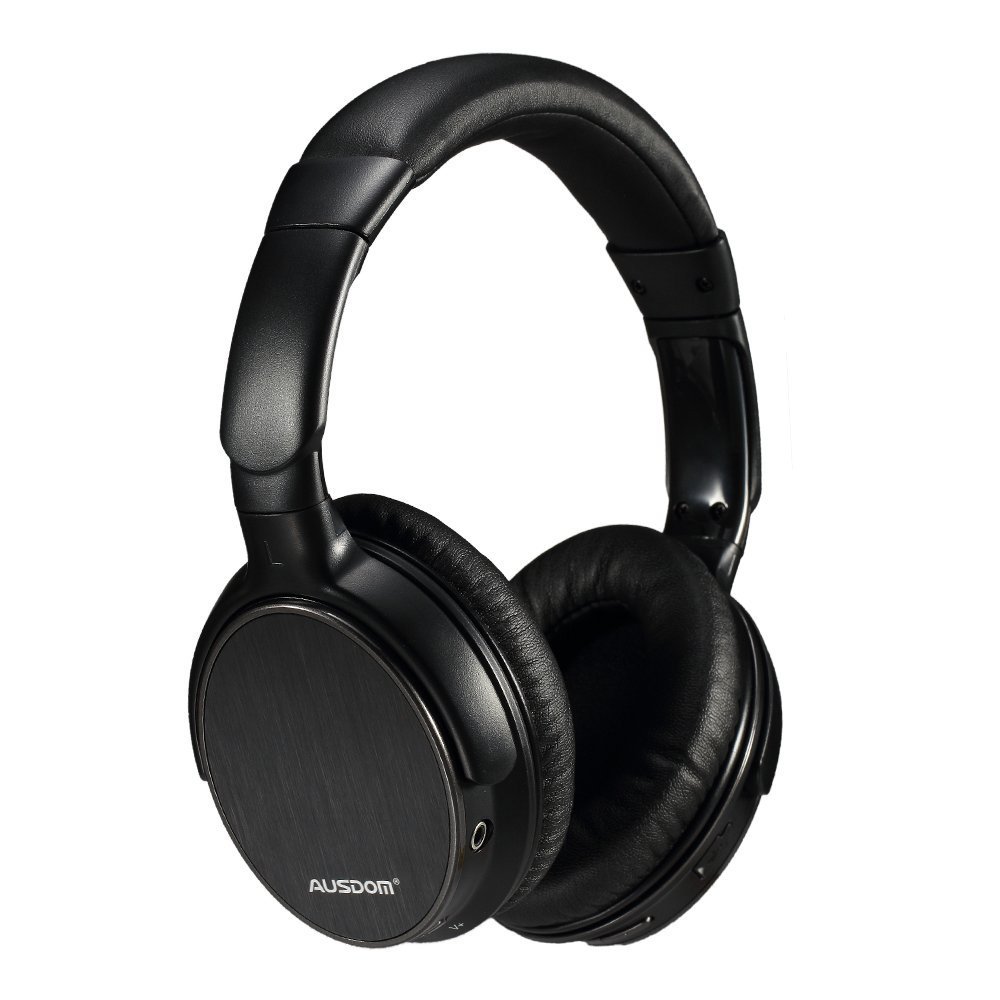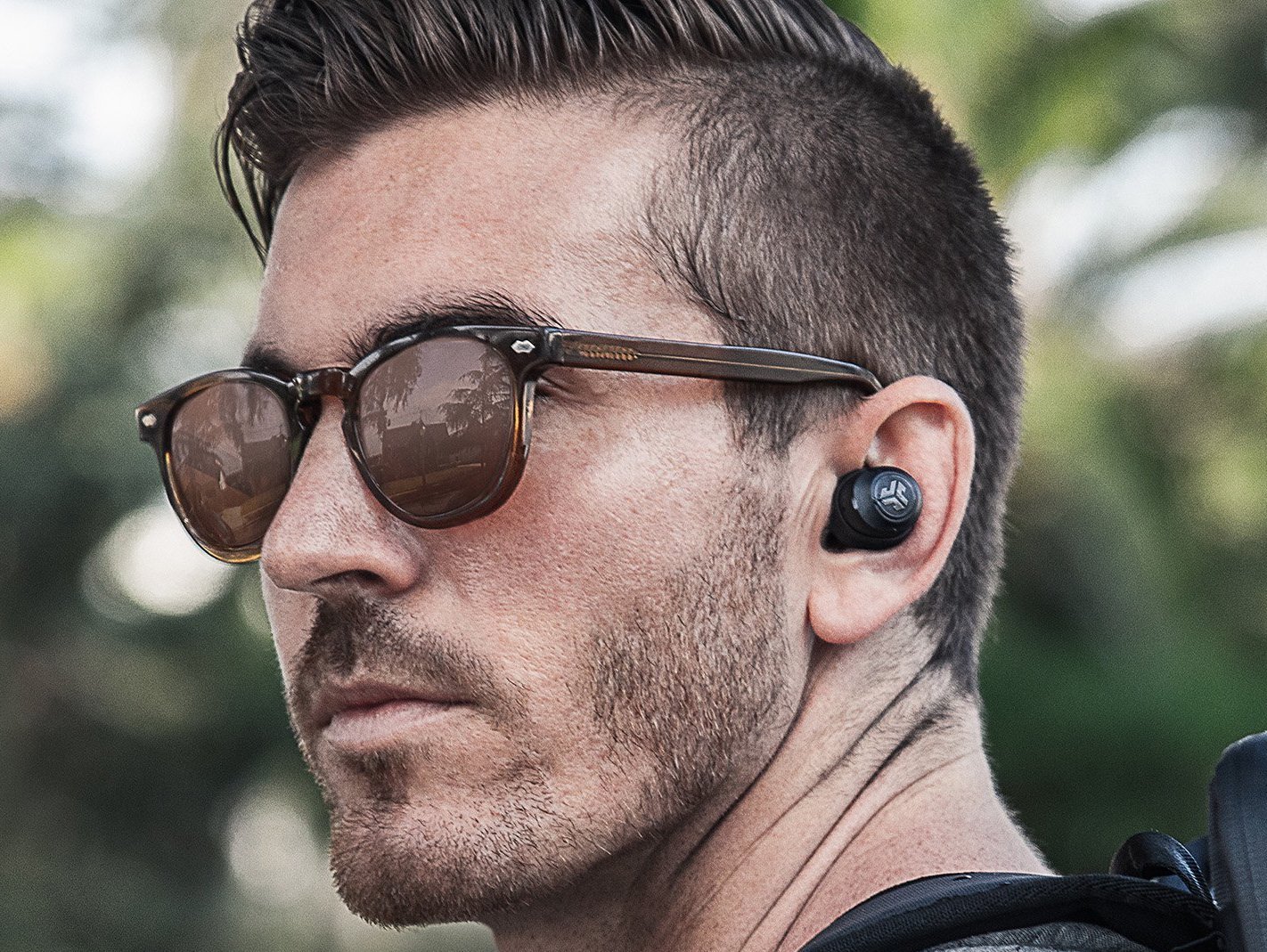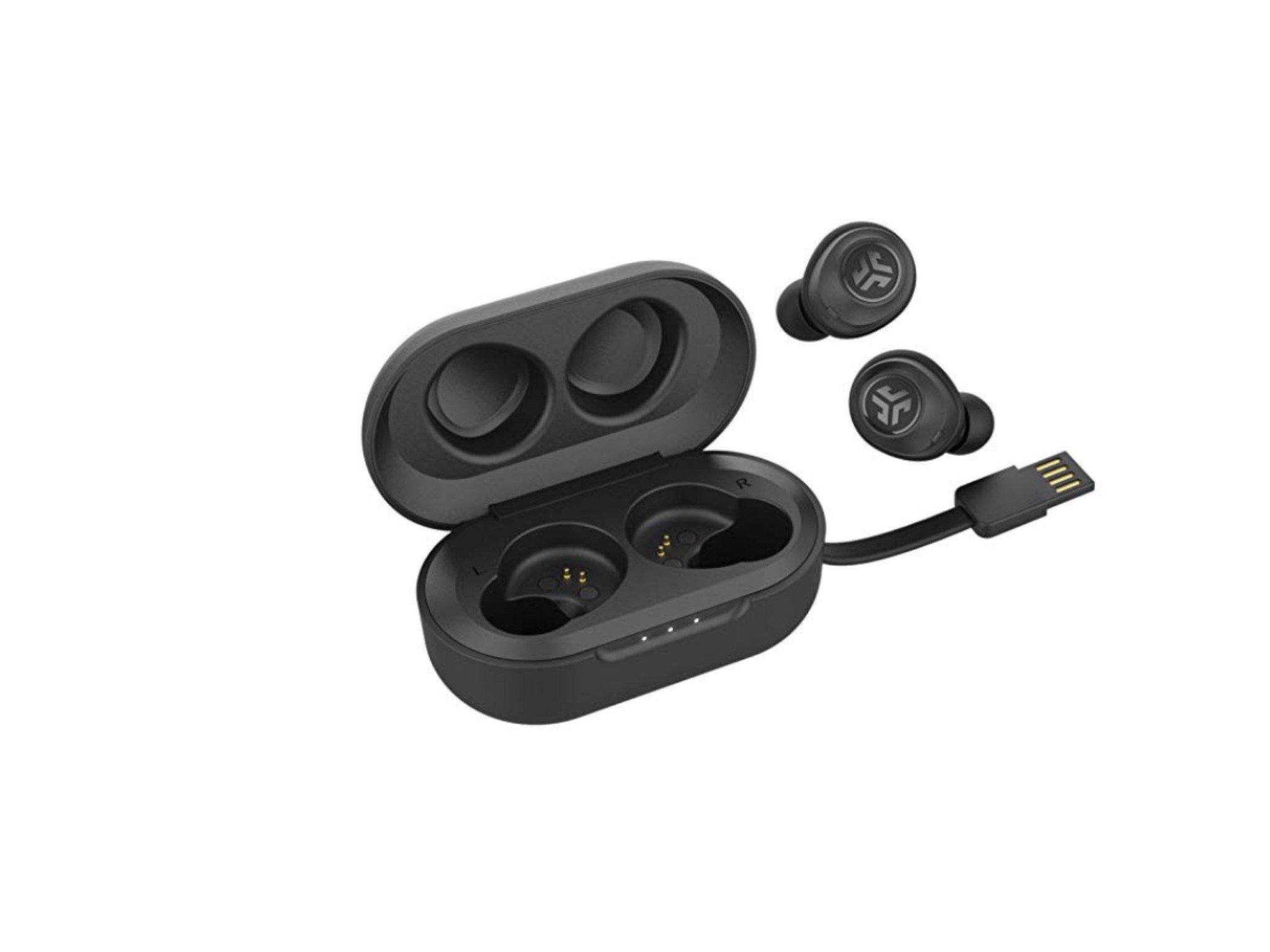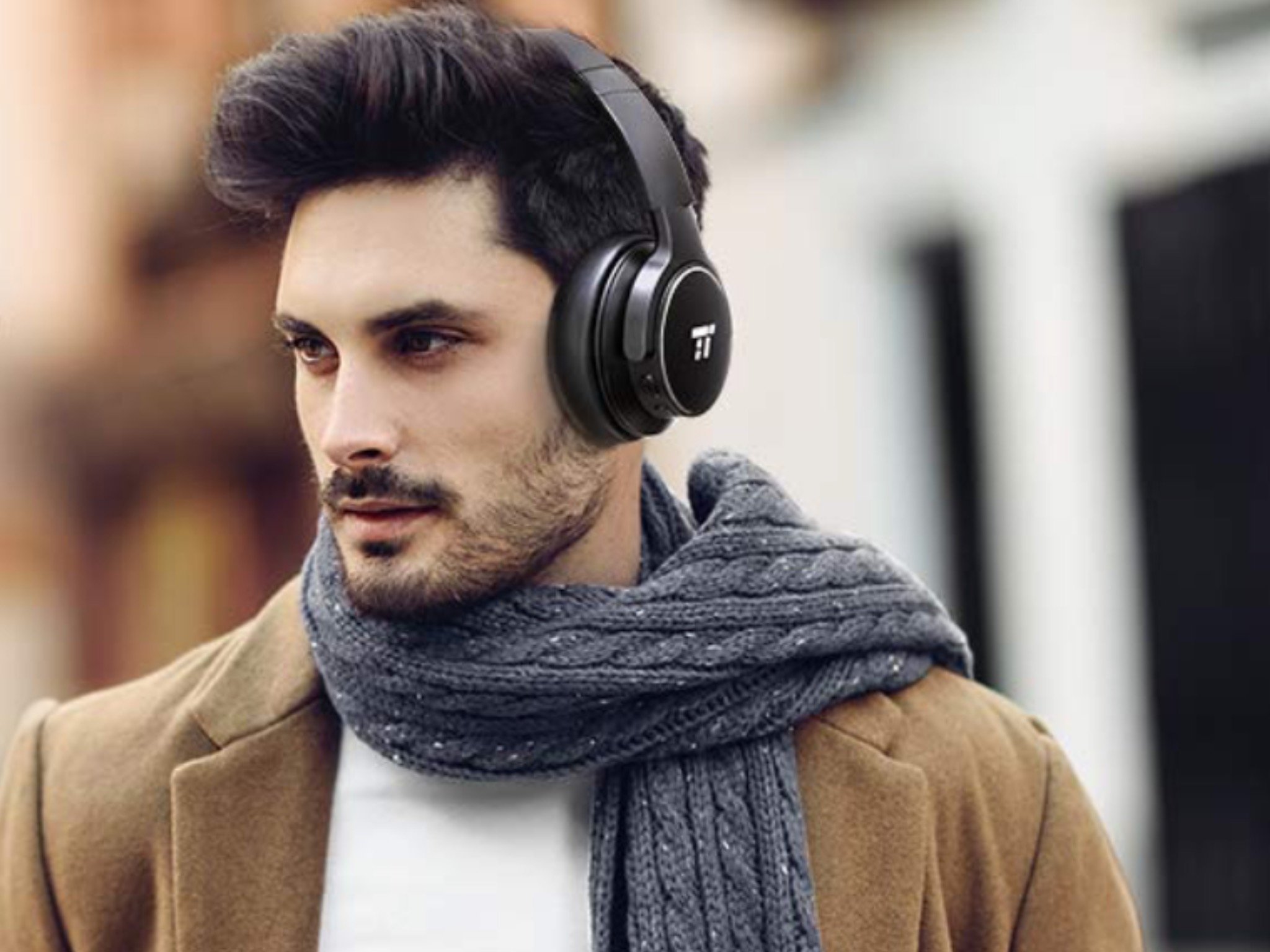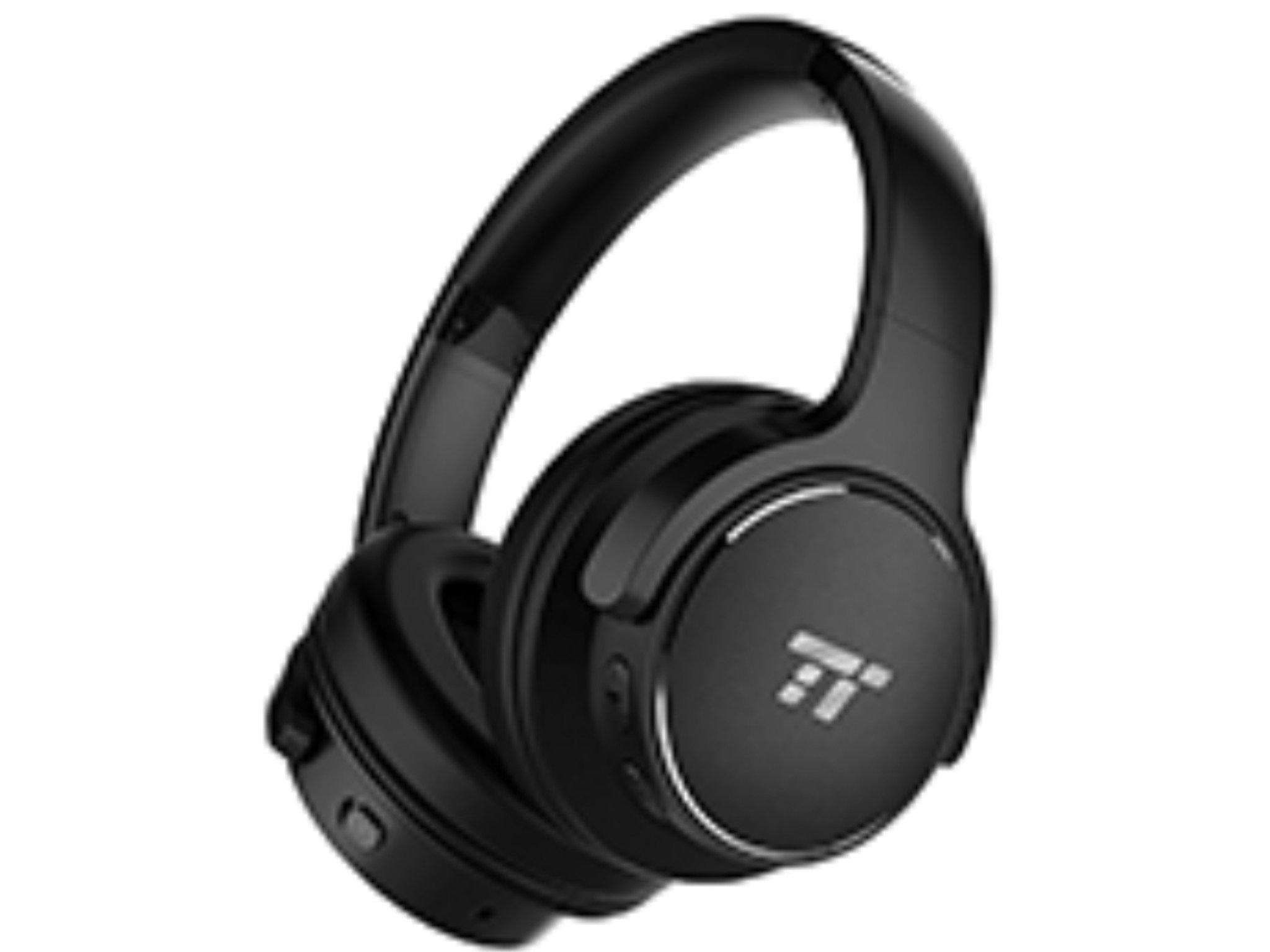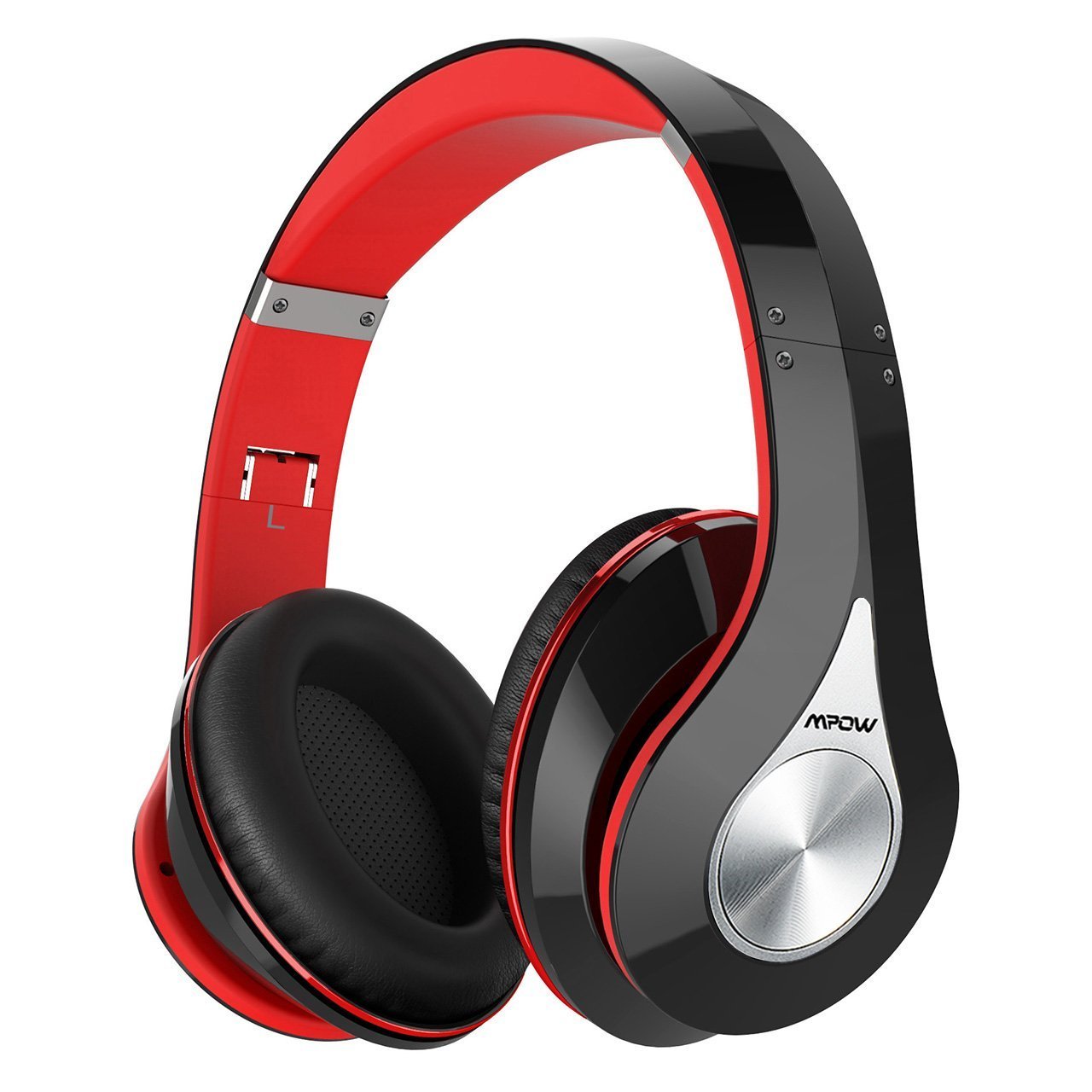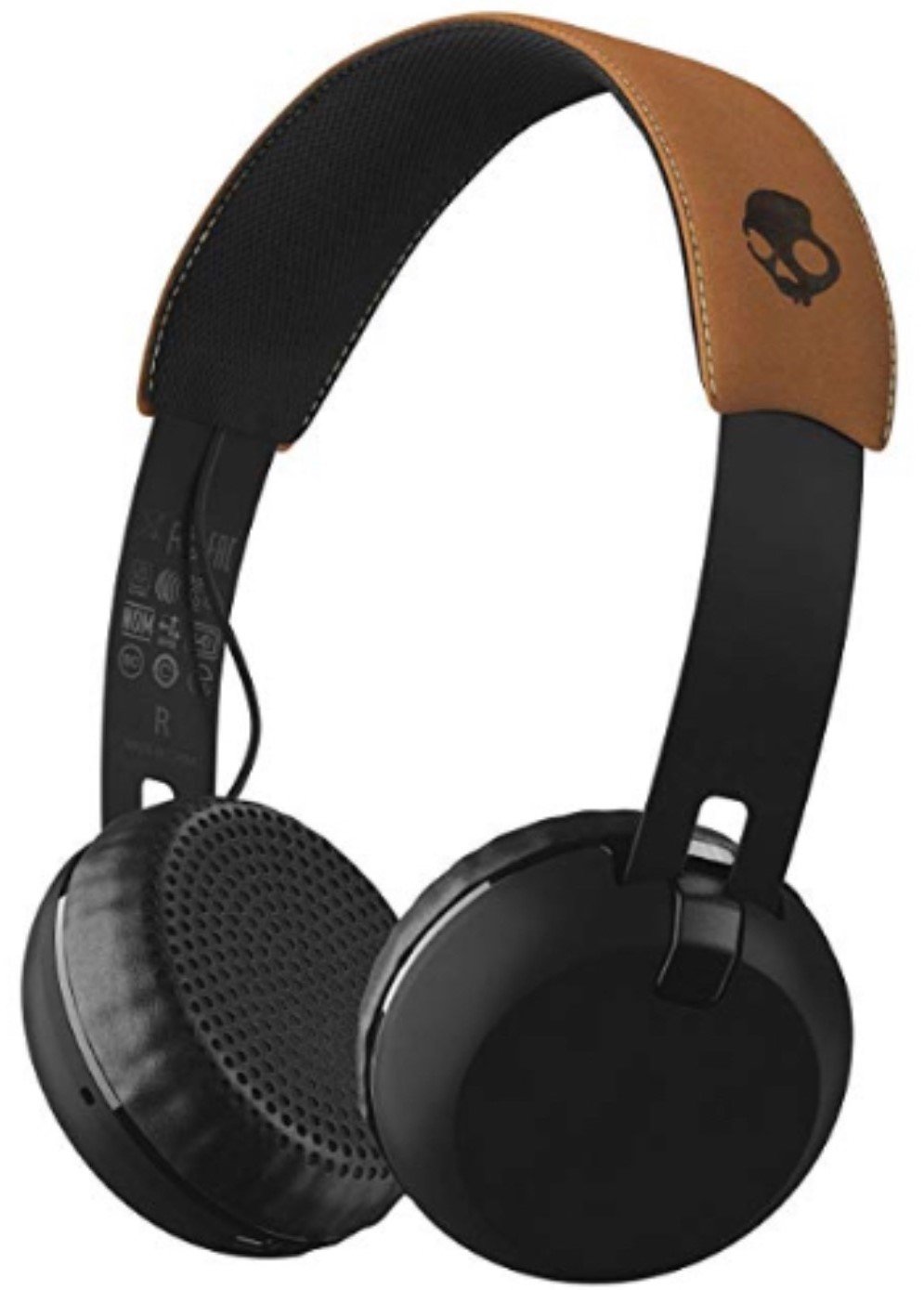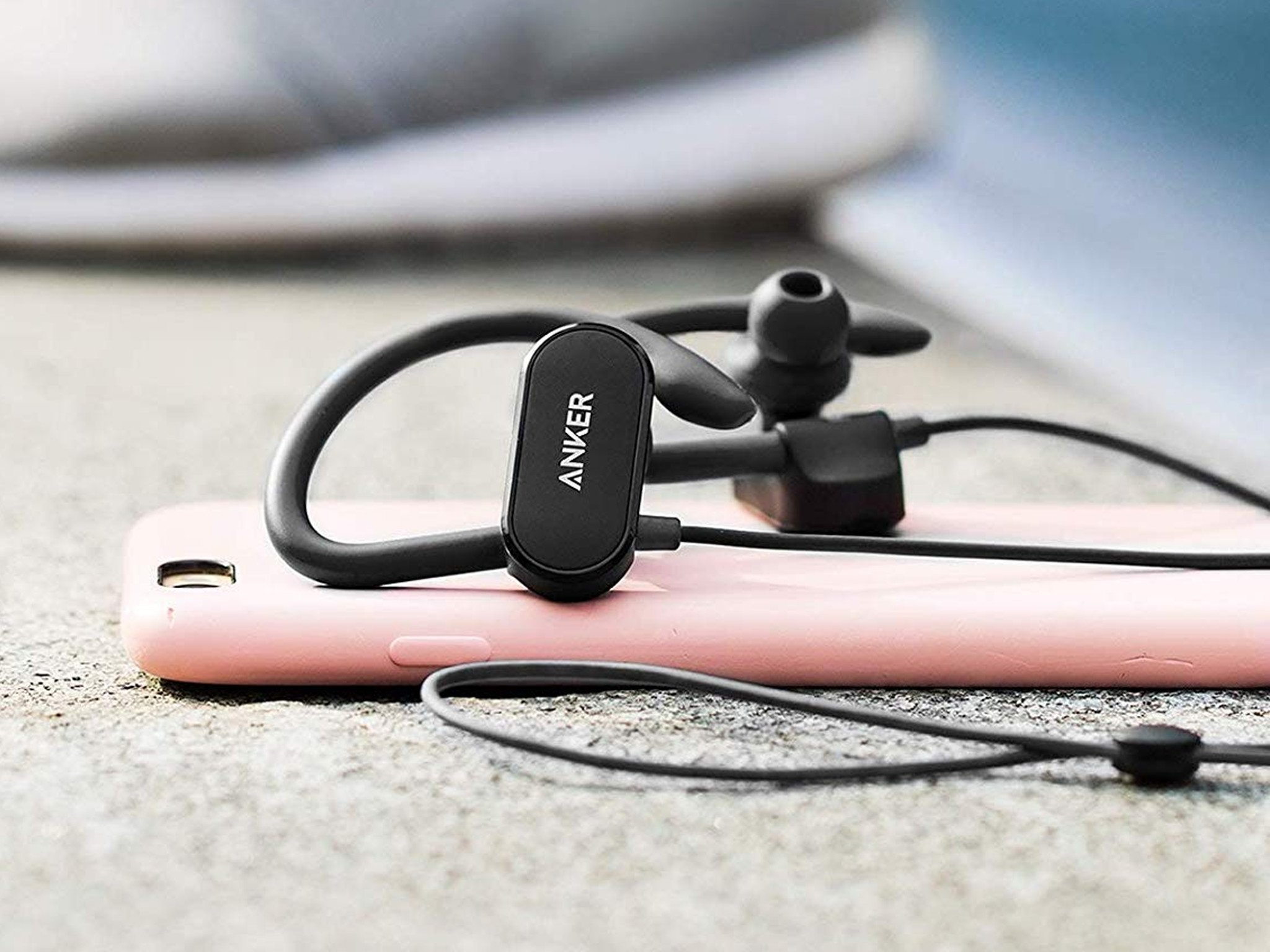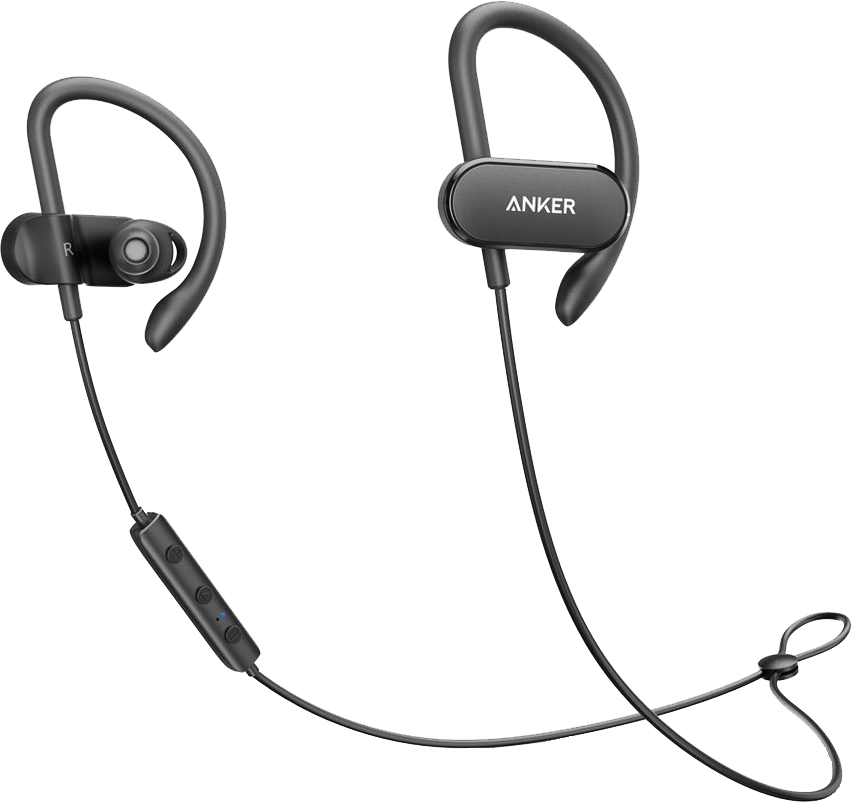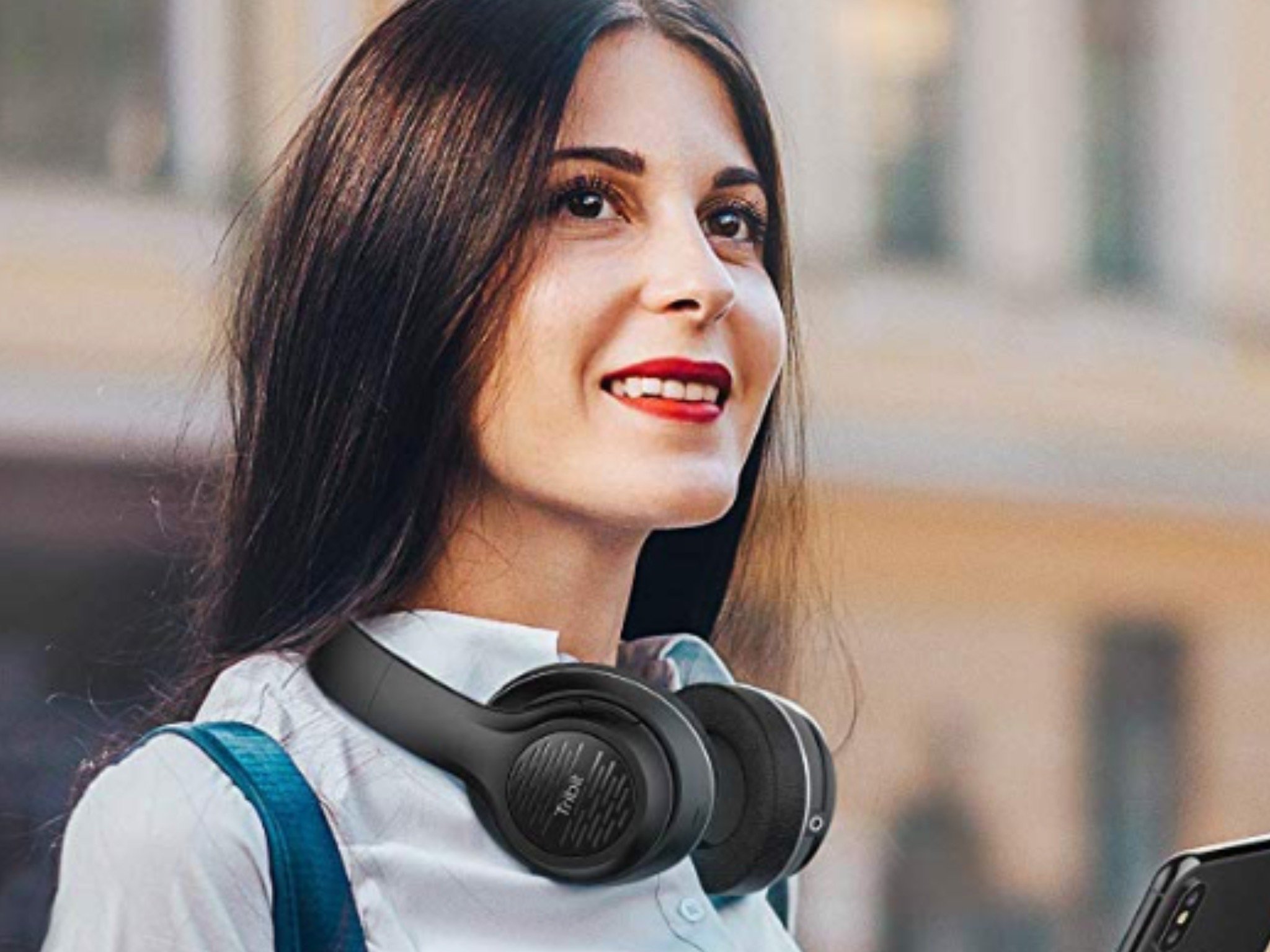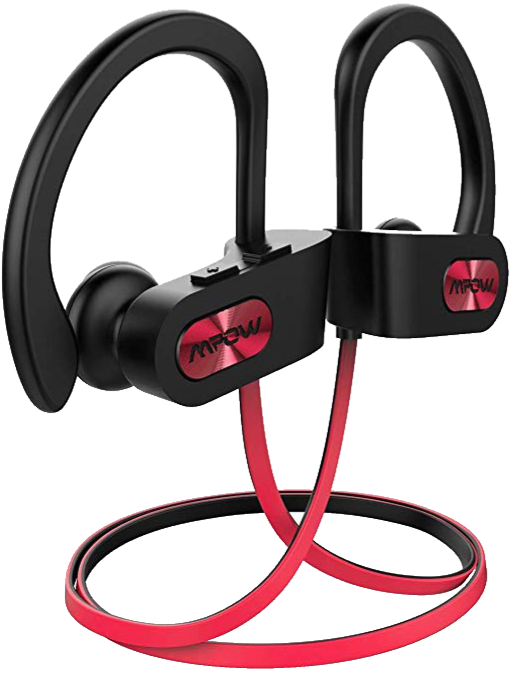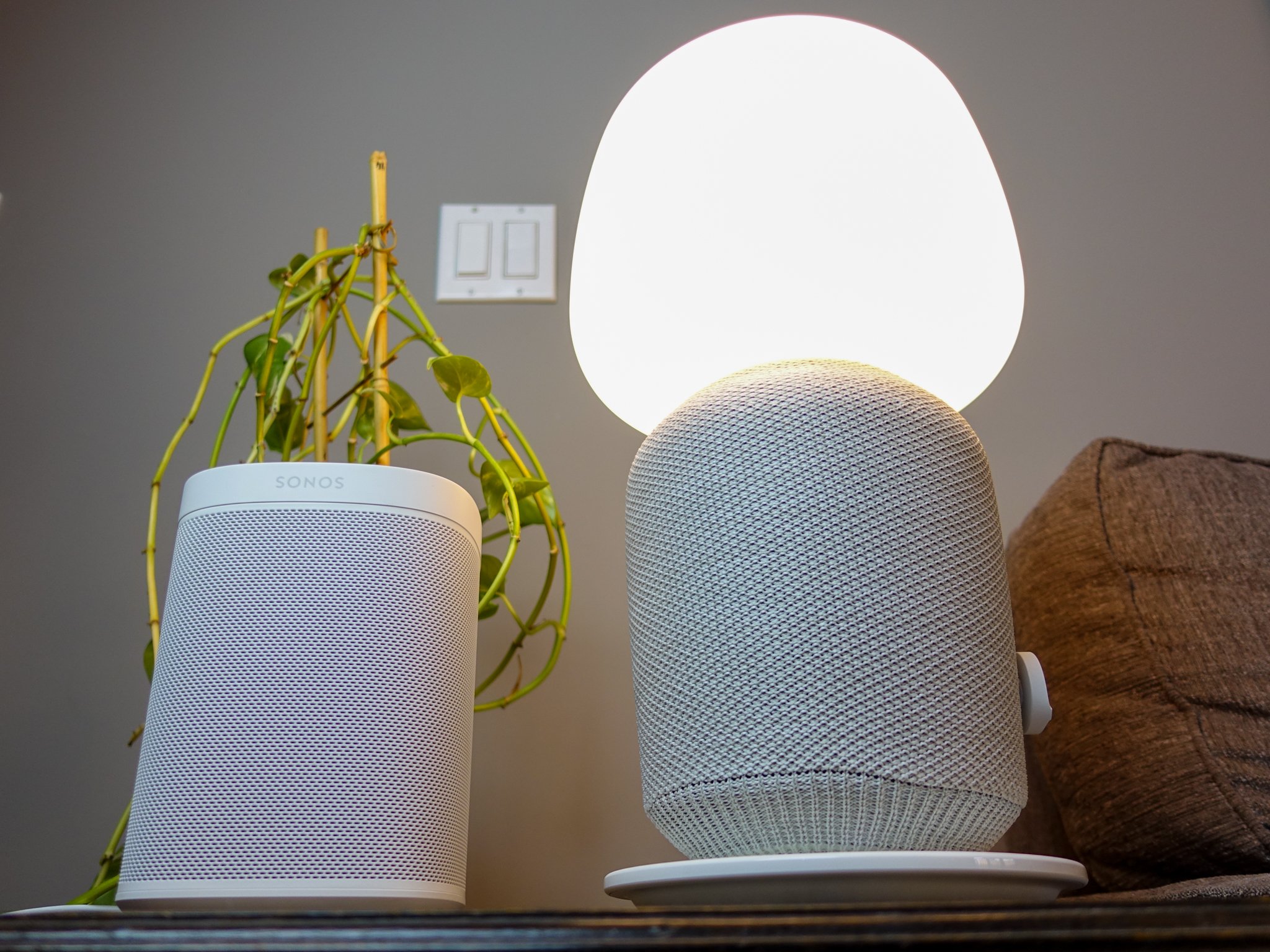we give transparent,informative and frequent news about technology and burning topics. we try to update news very frequently subscribe to our blog. . . . . . created on::20 August 2018
Wednesday, July 31, 2019
Man Didn’t Want a ‘Non-Hindu Rider’ to Deliver His Food, This Is How Zomato Responded *APP_NEWS*
from RSS Feeds | APPS - RSS Feed - NDTV Gadgets360.com https://ift.tt/2ZnsIOP
Google Chrome 76 now available, makes it easier to get around paywalls android os
Chrome 76 is now out for Android, Mac, Windows, and Linux users, and is coming to Chrome OS on August 6.
What you need to know
- Chrome 76 is now available for Android, Mac, Windows, and Linux users.
- The latest version of Chrome browser blocks Flash by default and makes it easier to bypass paywalls.
- There are multiple Progressive Web Apps improvements as well.
Google has finally released the stable version of Chrome 76 for Android, Windows, Mac, Linux, and iOS platforms. The latest version of Chrome comes with several major improvements and new features. Adobe Flash is now blocked by default, which means you will need to head over to settings to use it. The other major highlight is that Chrome 76 makes it impossible for websites to tell if a user is in Incognito Mode.
Websites were previously able to detect if someone was using Incognito Mode thanks to the way Chrome implemented the FileSystem API, with the help of "detect private mode" scripts. Since Chrome 76 fixes the flaw, websites will no longer be able to force readers to sign up for a subscription after viewing a fixed number of free articles. Needless to say, this is likely to affect major news publications that put their content behind a paywall.
After you update to Chrome 76, you will notice that Adobe Flash is now turned off by default. If you wish to use Flash, you will need to manually enable to feature by going to chrome://settings/content/flash. Once you enable it, you will see the familiar "Ask first" option pop up when you visit a website with Flash content.
Additionally, the Dark Mode feature has been improved with the addition of prefers-color-scheme media query, which will allow websites to enable dark mode automatically to match the user's preferred mode. It is also going to be easier to install Progressive Web Apps (PWAs) on desktop, thanks to the new install button added to the address bar. On Android, Chrome will now check if a web app manifest has changed every day instead of every three days.
from Android Central - Android Forums, News, Reviews, Help and Android Wallpapers https://ift.tt/2K3s6IS
Beyerdynamic Lagoon ANC Headphones Launched in India
from NDTV Gadgets - Latest https://ift.tt/2yoRBxJ
Redmi Gaming Phone With Helio G90T SoC to Launch Soon
from NDTV Gadgets - Latest https://ift.tt/2YGBJpj
Jaybird Vista review: Running on air android os
The 'Vista' brand should be beyond repair, damaged by an operating system few miss (and fewer used). So it was surprising that the name's audacious revival should come from none other than Jaybird, whose Run, Tarah and X-series earbuds have been favorites of the running class for many years.
Jaybird's Vista earbuds are truly wireless, which means like the Run and Run XT before it, and popularized by Apple's AirPods, they are not connected by wires. It also means they can be used independently. But unlike the Run series, Vista is incredibly light and conveniently magnetic. And unlike the AirPods, they actually sound great.
At $180, they're not cheap, but they're also pretty compelling for the right kind of person. Are you that person? Let's find out.
Lightweight, deep bass
Jaybird Vista Truly Wireless Sport Headphones
Jaybird goes mainstream
While the Vista truly wireless headphones are being marketed to runners and athletes, they're easily some of the most comfortable, portable and best-sounding earbuds I've worn to date. Certain features common in other earbuds are missing here, but they don't detract too much from the overall experience.
The Good
- Lightweight and super portable
- Fun, bass-heavy sound with right seal
- IPX7 waterproof, rare on truly wireless earbuds
- Decent battery life, plus quick charging via USB-C
- Easy to clean
The Bad
- No auto-pause or "hear-through" feature
- Default sound profile very bass-heavy
- Expensive
- Only supports SBC codec
- Low maximum volume
Jaybird Vista What sounds good
Where the Jaybird Run and its sequel, Run XT, were bulky and awkward, Vista is light — almost too light — and simple to use. Like all other truly wireless earbuds, they sit comfortably in a charging case that provides additional battery — in this case, an extra 10 hours to augment the six hours built into each bud — and latch closed with a satisfying magnetic snap.
When I say Vista is light, I mean all of it: each bud weighs just six grams, and the case is a svelte 45g. While the case, which charges via USB-C and has an external charging LED and an internal Bluetooth connectivity button and LED, is slightly longer than the AirPods case, the whole kit doesn't feel any less convenient to travel around with. The case I'd been stuffing into my pockets for the past few months, Jabra's Elite 65t, feels almost bulbous in comparison.
Thankfully, Jabra's employed strong magnets to latch the buds to the case when they're not in use; even a forceful upside-down shake won't dislodge them. Being sports-focused, the earbuds can withstand being completely immersed in water, but the more important metric is that they're not going to wear down from the inevitable prodigious amounts of sweat making contact with the plastic body and silicon ear tips.
There are three tip sizes in the box, but that doesn't really tell the whole story; they are relatively rigid, and wrap round the bud's body like a sheath, snapping into place when correctly installed. The default size, middle number two, were perfect for my ears — in fact, the Vista earbuds are more comfortable than any previous Jaybird headphones I've worn.
They sound pretty good, too. The default profile is very bass-heavy, at least to my bass-friendly ears — think quantity over quality in this regard — but Jaybird's Personal EQ feature, easy to access in the Android or iOS app, tames some of that bloated low-end. Once properly equalized, Vista sounds quite good for a pair of truly wireless earbuds; they're tuned for punchy rock or hip-hop, so don't expect tight treble or a super-wide soundstage, but the sound isn't fatiguing. They sound about on par with the Jaybird X4s, though the company says the 6mm drivers are brand new for this product.
The Jaybird Vistas are comfortable, lightweight and fun to wear, and they sound better than their tiny size would suggest.
With the redesign, Jaybird's also modernizing some of the more finicky aspects of the Run series; there's no longer a master/companion relationship between the two earbuds, so either can be used completely independently. As a result, the single button on each base is by default configured to perform the same things — single press for play/pause, double press for next track, triple press for previous track, and long press for power off. The taps can be reconfigured for Google Assistant or to adjust volume, but you'll need to dig into the app for that.
Graciously, the new platform comes with major improvements to connection quality and latency; unlike with the Run, which I had to shelve almost immediately after my review due to lingering connectivity issues, Vista is just plain solid. No dropouts, no garbling, no latency while watching video. It connects to the previous device every time and stays connected. This is the experience I want from a pair of truly wireless earbuds.
Jaybird advertises six hours of battery life per bud, plus an extra 10 hours from the case. I got close to that twice in my testing, around five hours and 45 minutes the first time and just over five and a half hours the second time. While the case lacks wireless charging, I'm pretty happy with the 16-hour combined uptime and USB C-based fast charging, which offers an hour of listening with a five-minute top-up.
I'm also pretty happy with the fact that, while running, neither Vista earbud budges. They stay put thanks to a thoughtful design that offers decent amounts of passive noise cancelation and an ear fin that keeps the bud in place. That I can simply run the earbud under a stream of water after a workout to clean it, too, is a bonus.
Jaybird Vista What sounds off
Jaybird did a lot of things right with the Vista earbuds, but in its quest to keep size down and complexity low, it eschewed a bunch of features I grew used to on other products like the Jabra Elite 65t. For starters, it doesn't auto-pause when removed from the ear, because there's no proximity sensor on board. That means when you inevitably have to remove one of the buds to talk to someone, you have to remember to pause the music beforehand.
Jaybird decided to forgo extra features, like auto-pause or an ambient mode, to keep size and weight down.
And unlike competitors like the Galaxy Buds and aforementioned Jabras, Jaybird didn't include a "hear-through" feature that utilizes the microphone in each ear to pump in outside sound and avoid having the remove the earbud in the first place. Considering the amount of passive isolation these things provide, I'm not happy with these omissions.
Similarly, the headphones only support the legacy SBC Bluetooth audio codec, so forget about higher-bandwidth options like AAC and aptX. This obviously affects sound quality, though perhaps not enough that the average person will notice, especially while listening to low-bandwidth streaming music.
I'm also not enamored of the mediocre microphone quality on the Vista; I wasn't expecting active noise cancelation in a pair of truly wireless earbuds this small, but call recipients complained of distracting amounts of background noise, even when I was in a relatively quiet environment.
Finally, the current firmware has a maximum volume level that's quite a bit lower than most of Vista's competitors. While Jaybird assured me the issue will be corrected in an upcoming software update, I find myself having to maximize the volume on both the phone and the buds just to listen at comfortable levels outdoors. (I made sure the problem wasn't my phone as I got the same result on the Huawei P30 Pro, Pixel 3a, iPhone XS and Galaxy S10.)
The competition Jabra Beats Bose
No product in this category sits alone in 2019, so it's worth going over some of Jaybird's competition. While the Run series is being discontinued, Jaybird's other wrap-around headphones offer virtually the same sound quality, comfort and ruggedness at much lower costs; the excellent X4 headphones are down to just $100 right now. The more luxurious Tarah Pros are even $20 cheaper than the Vista at $160.
Still, nothing beats the actual freedom of truly wireless headphones, which is why it's worth talking about Under Armour's JBL True Wireless Flash headphones. They're similarly IPX7 rated and, at $170, identically priced, but they're much bigger and heavier, and charge via Micro-USB. Still, they sound fuller and richer than Jaybird's offering, and have bass that's both smoother and more accurate, and they offer ambient passthrough.
I've mentioned Jabra's Elite 65t truly wireless earbuds a number of times in this review because until now they've been my go-to choice for city-street listening. With an IP55 rating, they're not as secure against water and sweat as the Vistas, but they can withstand a rainstorm, and I prefer their sound profile. They charge with Micro-USB, though, which is why I made keep using the Jaybirds as my daily drivers for the foreseeable future.
Other competitors in the space that can't be ignored: Bose's well-received but expensive and aging SoundSport Free. At $200, I wouldn't recommend them anymore; they're heavy and obnoxiously big, and are coming up on two years old so they lack a lot of the amenities that come with newer headphones. I would recommend taking a look at Beats' new PowerBeats Pro, though: despite costing $250, they have incredible sound, nearly twice the battery life of the Jaybird Vistas, and come with secure earhooks to ensure a good fit. But $250 is $80 more than the Vistas, and I really don't think you're getting that much more in value.
Jaybird Vista Should you buy them?
At $180, Vista is Jaybird's most expensive and most mainstream product. You're getting comfortable, great-sounding earbuds with awesome battery life and solid connectivity that are also waterproof and live in a relatively tiny case. What's missing is annoying more than devastating.
If you can justify the cost, the Vistas are easy to love and even easier to slip in a pocket. You don't have to be a runner to enjoy them, but if you are one they'll probably last you a long time.
Lightweight, deep bass
Jaybird Vista Truly Wireless Sport Headphones
Jaybird goes mainstream
While the Vista truly wireless headphones are being marketed to runners and athletes, they're easily some of the most comfortable, portable and best-sounding earbuds I've worn to date. Certain features common in other earbuds are missing here, but they don't detract too much from the overall experience.
from Android Central - Android Forums, News, Reviews, Help and Android Wallpapers https://ift.tt/2GCtGQ6
Apple India Revenue Rebounds, Sees Double Digit Growth During June Quarter
from NDTV Gadgets - Latest https://ift.tt/319Bq3x
Samsung Galaxy M20s to Sport a 5,830mAh Battery: Report
from NDTV Gadgets - Latest https://ift.tt/2SX5SeG
Apple Wants to Make High-End Computers in US, Needs Tariff Relief: Cook
from NDTV Gadgets - Latest https://ift.tt/2yoMmy3
The Lion King Is (Another) Billion-Dollar Movie for Disney
from NDTV Gadgets - Latest https://ift.tt/2Zp2hbI
Amazon Freedom Sale Begins August 8: Mobile, Other Top Deals Previewed
from NDTV Gadgets - Latest https://ift.tt/2GB9U7e
Redmi K20 Pro vs. Redmi K20: Which should you buy? android os
Xiaomi has two great options if you're in the market for a value flagship in 2019. We've used both devices extensively, and are here to assist you in your purchasing decision.
Redmi K20 Pro
The default choice
Pros
- Outstanding value
- Two-day battery life
- Gorgeous design
- Snapdragon 855 platform
- 3.5mm jack and AptX HD
Cons
- Limited availability
- Notification LED isn't useful
- No NFC
The Redmi K20 Pro is one of the best value flagships of 2019. It has all the bells and whistles — there's a Snapdragon 855 under the hood, it has a retractable module for the front camera, and you get a 4000mAh battery that lasts for two days. All that hardware is backed by a gorgeous design with an aggressive gradient effect at the back, leading to a device that just gets everything right.
Redmi K20
More accessible
Pros
- Same great design as K20 Pro
- 48MP primary sensor
- Two-day battery life
- 3.5mm jack and AptX HD
- Decent hardware
Cons
- Availability issues
- Same issues with notification LED
- 4K video limited to 30fps
- No NFC
The Redmi K20 shares a lot of the same hardware as the K20 Pro: you get the same stunning design, AMOLED display, retractable camera module, 4000mAh battery, and the same 48MP Sony IMX586 sensor at the back. The only major difference is that the device is powered by the Snapdragon 730 and not the Snapdragon 855, and the base variant has 64GB of internal storage.
Xiaomi knows how to make a solid value flagship, and this year it is offering two enticing options in the Redmi K20 Pro and K20. Both phones share a lot of the same hardware and have the same gradient design, with a few key differences. Here's what you need to know about what's on offer, and the best option for your needs.
Two great phones with a few key differences
At first glance, it's hard to make out any differences between the Redmi K20 and K20 Pro: both phones have the same design, and they share a lot of the same hardware. Xiaomi is differentiating the devices based on the chipset — the Redmi K20 Pro gets the flagship Snapdragon 855, with the standard K20 picking up the Snapdragon 730. In fact, the Redmi K20 is one of the first devices to be powered by the Snapdragon 730, which has cores derived from the Cortex A76 — the same as the Snapdragon 855.
Both phones have the same design and share a lot of the internal specs — with the Snapdragon chipset being the differentiator.
The key difference between the two chipsets is down to the GPU. You get the Adreno 640 on the Snapdragon 855, with the Snapdragon 730 featuring the Adreno 618. The Adreno 640 is one of the fastest mobile GPUs around, cruising through any Android game in the market today. The Snapdragon 730 platform bridges the gap to the Snapdragon 855, but if you want the latest hardware available today, you're better off picking up the K20 Pro.
That said, the Snapdragon 730 is no slouch. I didn't see any slowdowns in the two weeks I used the standard K20, and the device is just as capable of playing most games. The Snapdragon 855 just has that little bit extra, allowing it to stand out.
Other than that, both phones are identical. You get the same metal-and-glass design on both phones, and they're also available in the same color options: Carbon Black, Flame Red, and Glacier Blue. That means you get the same stunning gradient effect on either device. Heck, they have the same dimensions and weight, so that should give you an indication as to how much both devices have in common.
Both devices also have notchless displays thanks to retractable modules for the front cameras, and they're both rocking the same 6.39-inch AMOLED screen. The similarities extend to the camera side of things as well: both phones have the same camera configuration at the back, with a 48MP Sony IMX586 sensor joined by an 8MP telephoto lens and 13MP wide-angle shooter.
You get the same 48MP camera on both phones, but the Redmi K20 misses out on 4K 60fps video recording.
That said, the Redmi K20 Pro offers 4K video recording at 60fps, and on the Redmi K20 you're limited to 4K at 30fps. Shooting 4K at 60fps is still exclusive to the Snapdragon 8xx series, and as good as the Snapdragon 730 is at everyday tasks, it only shoots 4K at 30fps.
As you'd imagine with two devices that share the same hardware, image quality is near-identical. The K20 Pro takes marginally better shots because of the ISP, but the overall difference is negligible.
There's also a 3.5mm jack on both devices, the same in-display fingerprint reader, and a notification LED tucked away on the retractable camera module. The positioning of the LED is less than ideal, and it isn't particularly useful. Elsewhere, you get Wi-Fi ac, Bluetooth 5.0, and AptX HD as standard on both devices.
You also get the same 4000mAh battery on both devices, but the Redmi K20 Pro has 27W fast charging versus 18W on the standard model. That said, both devices come with the same 18W charger out of the box, and you'll have to shell out ₹999 to get Xiaomi's 27W charger.
| Category | Redmi K20 Pro | Redmi K20 |
|---|---|---|
| Operating system | Android 9.0 Pie MIUI 10 |
Android 9.0 Pie MIUI 10 |
| Display | 6.39-inch Super AMOLED 2340x1080 (19.5:9) HDR Gorilla Glass 5 |
6.39-inch Super AMOLED 2340x1080 (19.5:9) HDR Gorilla Glass 5 |
| Chipset | Snapdragon 855 1 x 2.84GHz Kryo 485 3 x 2.41GHz Kryo 485 4 x 1.78GHz Kryo 485 Adreno 640 7nm |
Snapdragon 730 2 x 2.20GHz Kryo 470 Gold 6 x 1.80GHz Kryo 470 Adreno 618 8nm |
| RAM | 6GB/8GB | 6GB |
| Storage | 128GB/256GB | 64GB/128GB |
| MicroSD slot | No | No |
| Rear camera 1 | 48MP, f/1.8 0.8um Dual Pixel PDAF |
48MP, f/1.8 0.8um Dual Pixel PDAF |
| Rear camera 2 | 8MP, f/2.4 telephoto |
8MP, f/2.4 telephoto |
| Rear camera 3 | 13MP, f/2.4 124-degree field-of-view |
13MP, f/2.4 124-degree field-of-view |
| Front camera 1 | 20MP, f/2.2 HDR |
20MP, f/2.2 HDR |
| Connectivity | Wi-Fi ac 2x2 MIMO Bluetooth 5.0 AptX HD, LDAC, A-GPS |
Wi-Fi ac 2x2 MIMO, Bluetooth 5.0 AptX HD, LDAC, A-GPS |
| Audio | 3.5mm jack Single speaker |
3.5mm jack Single speaker |
| Battery | 4000mAh Non-removable |
4000mAh Non-removable |
| Charging | USB-C 2.0 27W |
USB-C 2.0 18W |
| Water resistance | No | No |
| Security | In-display fingerprint | In-display fingerprint |
| Dimensions | 156.7 x 74.3 x 8.8mm 191g |
156.7 x 74.3 x 8.8mm 191g |
| Colors | Carbon Black, Flame Red, Glacier Blue | Carbon Black, Flame Red, Glacier Blue |
It all comes down to price
At the end of the day, choosing between the Redmi K20 Pro and K20 comes down to the price. Both phones offer incredible hardware and great value, and it's all a matter of figuring out how much you want to pay for either device.
If you want the absolute best, get the Redmi K20 Pro. If you're on a budget, the K20 is a stellar choice.
If you're looking to get your hands on the best that Qualcomm has to offer right now, then the Redmi K20 Pro is the obvious choice. The phone has everything you're looking for in a value flagship, and the base variant comes with 6GB of RAM and 128GB of storage.
The Redmi K20, meanwhile, delivers most of the same features at an even lower price point. You're getting the same design, 48MP camera, 4000mAh battery, in-display reader, and the same display. The only point of difference is the Snapdragon 730, and the fact that the base version of the phone comes with 6GB of RAM and 64GB of storage. If you're okay with that, the Redmi K20 is a fantastic choice.
Redmi K20 Pro
The default choice
The best value flagship in 2019
The Redmi K20 Pro absolutely delivers in the areas that count: you get access to Qualcomm's latest silicon, there's a notchless display, the 48MP camera takes stunning photos, and the 4000mAh battery lasts two days. Combine that with one of the best gradient designs in the market today and you get a phone that raises the bar for value flagships.
Redmi K20
More accessible
Same great design and features at a lower price point
With the Redmi K20, you're getting 90% of the same device as the K20 Pro. The only areas where the device differs from the Pro model is the chipset — you're getting a Snapdragon 730 instead of the Snapdragon 855, and there's 64GB of internal storage on the base version. Other than that, you get the same hardware as the Pro model, making it a great option.
from Android Central - Android Forums, News, Reviews, Help and Android Wallpapers https://ift.tt/2SQZvcL
Indian Rapper Sets Viewer Record YouTube Isn't Talking About
from NDTV Gadgets - Latest https://ift.tt/2YcATko
Bollywood Rapper Badshah Sets Viewer Record YouTube Isn't Talking About *APP_NEWS*
from RSS Feeds | APPS - RSS Feed - NDTV Gadgets360.com https://ift.tt/2YcATko
Redmi K20 Pro, Redmi K20 Sale Today at 12 Noon via Flipkart, Mi.com
from NDTV Gadgets - Latest https://ift.tt/2K6gG7h
Samsung Profit Slumps on Chip Market, Slow Flagship Smartphone Sales
from NDTV Gadgets - Latest https://ift.tt/2YGumOF
Apple Services, Wearables Offset iPhone Weakness Last Quarter
from NDTV Gadgets - Latest https://ift.tt/2OuiqM1
The Redmi K20 pricing backlash is an important lesson for Xiaomi in India android os
Xiaomi fans are mad that the Redmi K20 costs $20 more than its Chinese counterpart.
For the longest time, Xiaomi went unchallenged in India. After making its debut in the country back in 2014, Xiaomi essentially had a stranglehold on the budget category, pushing out local players like Micromax and Intex and then challenging Samsung for the crown. It has managed to do all that on the back of its Redmi series, continually rolling out new models that delivered on the brand's core tenet: offer unmatched value for money.
So, when Xiaomi started building hype ahead of the Redmi K20 series, everyone expected that the brand would launch the devices at never-before-seen prices. That wasn't the case. The Redmi K20 debuted at ₹21,999 ($320) for the version with 6GB of RAM and 64GB of storage, and while it delivers fantastic value for what's on offer, the Realme X is available for just ₹16,999 ($245), with that particular phone coming with 4GB of RAM and 128GB of internal storage.
For years, Xiaomi broke pre-existing notions of value with its Redmi series. That worked against its favor for the Redmi K20.
The mere fact that the Redmi K20 costs ₹4,000 ($65) more than the Realme X has led to a lot of consternation, vitriol, and ultimately backlash from the community at large. There's even a Change.org petition that has garnered over 4,800 signatures to reduce the price of the phone to ₹19,999 ($290).
Never mind the fact that the Redmi K20 is the first device with Qualcomm's latest mid-range Snapdragon 730 or the fact that the phone has an AMOLED display, evocative design, in-display fingerprint reader, and 4000mAh battery.
In a sense, it wasn't the smartest move for Xiaomi to stick with Redmi branding for the K20 and K20 Pro. For years, the manufacturer has done a stellar job reinforcing the notion that Redmi devices offer the best value for money in the country, leading to vastly inflated expectations from customers. It would have made more sense for Xiaomi to leverage POCO branding, as that sub-brand is at least targeted at the mid-range segment.
Ultimately, Xiaomi India head Manu Jain had to address the community at large in an open letter:
Redmi K20 retains the same DNA and is based on the Snapdragon 730 (Qualcomm's third most powerful chipset), 40% faster than the Snapdragon 710. This makes it the first commercially available phone based on that chipset, providing users with early access to the latest processor in the Snapdragon 700 series.
Qualcomm Snapdragon 855 and 730 are the latest processors, which are much more expensive than its predecessors (845 and 710). Please note, latest technology gets cheaper with time; we could have used older generation processor to save money or we could have waited for 6 months for component costs to go down, and hence further reduce the price of Redmi K20. But that would've gone against our philosophy of bringing the latest innovation to you.
At the crux of the issue is the fact that the Redmi K20 retails for ₹2,000 more than its Chinese equivalent. For the last two years, Xiaomi has maintained price parity between both markets, or even introduced its devices at a lower price point to retain its position as the leading handset brand in India. From Jain:
We are proud to manufacture these flagship devices in India, with nearly 65% of the value of the smartphone being locally sourced. The remaining 35% has to be imported, leading to higher taxes for complicated components. This leads to a small pricing difference, e.g., there is only 3% difference between the top-end variant (8GB+256GB) pricing between India and China.
The backlash around the Redmi K20 boils down to a single point: customers in India now expect a device to come with top-tier hardware accompanied by all the bells and whistles, and they don't want to shell out over ₹20,000 for it. This is what I call the POCO effect. When Xiaomi introduced the POCO F1 last year, it shattered all notions around value in this segment, and that expectation has trickled down to the Redmi K20 series.
Xiaomi should have done a better job extolling all the new features on the Redmi K20 series, because at the end of the day, what a phone costs isn't just down to the chipset. The new AMOLED display is fantastic, the in-display fingerprint reader leads to a more seamless design, and the back has a gorgeous gradient effect. But these additions aren't quantifiable the same way as a benchmark score, so it isn't immediately evident that the K20 is much better than the POCO F1 in a lot of areas unless you use the phone.
In any other market, the Redmi K20 would be an absolute steal for $320. In India, it is turning out to be the most divisive phone of 2019. That alone should tell you volumes about just how competitive the budget segment is in the country.
Redmi K20 Pro review: Redefining value flagships all over again
from Android Central - Android Forums, News, Reviews, Help and Android Wallpapers https://ift.tt/2Ke5xQP
Realme X to Go on Sale in India Today via Flipkart and Realme.com
from NDTV Gadgets - Latest https://ift.tt/2KkyydI
Redmi 7A to Go on Sale in India via Flipkart, Mi.com Today
from NDTV Gadgets - Latest https://ift.tt/2Yz9ys7
Grab Says to Invest $2 Billion in Indonesia Using Funds From SoftBank *APP_NEWS*
from RSS Feeds | APPS - RSS Feed - NDTV Gadgets360.com https://ift.tt/2LMg6h0
Tesla to Soon Get Netflix, YouTube Streaming Support: Elon Musk *APP_NEWS*
from RSS Feeds | APPS - RSS Feed - NDTV Gadgets360.com https://ift.tt/2Kbtic2
Facebook’s Instant Games Migrating From Messenger to Main App *APP_NEWS*
from RSS Feeds | APPS - RSS Feed - NDTV Gadgets360.com https://ift.tt/32ZF4ic
Jio Saarthi Digital Assistant Launched to Ease Recharge Process for Subscribers *APP_NEWS*
from RSS Feeds | APPS - RSS Feed - NDTV Gadgets360.com https://ift.tt/32TvjlL
Tuesday, July 30, 2019
Manoj Bajpayee Prime Video Series The Family Man to Release in September
from NDTV Gadgets - Latest https://ift.tt/2OspmsL
Samsung Galaxy Note 10 Official Renders in Red, Green Colour Variant Leaked
from NDTV Gadgets - Latest https://ift.tt/2ylohIn
Capital One Bank Targeted in Massive Data Breach
from NDTV Gadgets - Latest https://ift.tt/2YvwzIe
Realme Announces Project X Software, Calls for Experienced Beta Testers
from NDTV Gadgets - Latest https://ift.tt/2ZpKJME
Facebook's Like Button Makes Websites Liable, Top EU Court Rules
from NDTV Gadgets - Latest https://ift.tt/2LNQbFK
Microsoft Acquires Data Privacy, Governance Service BlueTalon
from NDTV Gadgets - Latest https://ift.tt/2ZiY3SX
PUBG Mobile Lite Becomes Top Free Game in Google Play in India
from NDTV Gadgets - Latest https://ift.tt/2ZtkqoR
Xiaomi Retains Top-Spot in India for Eighth Consecutive Quarter: Canalys
from NDTV Gadgets - Latest https://ift.tt/32YZRTh
Qualcomm, Tencent Agree to Collaborate on Gaming Devices, 5G
from NDTV Gadgets - Latest https://ift.tt/2YzkMwJ
Avengers: Endgame Now Available on Google Play, iTunes, YouTube in India
from NDTV Gadgets - Latest https://ift.tt/2SOLzQk
WhatsApp Multi-Platform System Reportedly Confirmed to Arrive Soon
from NDTV Gadgets - Latest https://ift.tt/2K3HGEx
This is our first look at the Samsung Galaxy Note 10 in Pink android os
It remains to be seen if the bigger Galaxy Note 10+ will be available in the same color.
What you need to know
- Renders showing the Samsung Galaxy Note 10 in Pink have surfaced.
- The Pink color option is expected to be offered in select countries.
- Galaxy Note 10 is rumored to be available in Blue and Green color options as well.
The folks over at SamMobile reported a few months ago that the standard Galaxy Note 10 will be available in Pink and Red versions in some countries. While previously leaked renders of the Galaxy Note 10 showed the phablet in Black and gradient Silver colors, WinFuture.de has now obtained the first renders of the Pink version with a color-coordinated S Pen.
According to the WinFuture report, the Pink color option will only be available in a few countries at launch. As you can see in the renders below, the Pink shade for the Galaxy Note 10 looks slightly different compared to the Flamingo Pink option for the Galaxy S10. Previous reports suggested Samsung may also offer Blue and Green options for the Galaxy Note 10. However, it isn't clear at this point if the bigger Galaxy Note 10+ will also be offered in the same Pink color option as the Galaxy Note 10. Last year's Galaxy Note 9 was available in four color options at launch: Metallic Copper, Lavender Purple, Ocean Blue, and Midnight Black.
Samsung's flagship Galaxy Note 10 and Note 10+ will be unveiled at an Unpacked event that is set to take place on August 7 in New York. SamMobile has confirmed in a new report that Samsung will open pre-orders for the two phones soon after the Unpacked event ends on August 7. They are expected to go on sale in several markets, including the U.S., on August 23.
While the Galaxy Note 10 will be available with 8GB of RAM in the base variant, the Galaxy Note 10+ will have 12GB of RAM as standard. As for storage, both the models are expected to be offered in 256GB and 512GB storage variants. The 5G variant of the Galaxy Note 10+, however, will include 1TB of storage.
Samsung Galaxy Note 10: News, Leaks, Release Date, Specs, and Rumors!
from Android Central - Android Forums, News, Reviews, Help and Android Wallpapers https://ift.tt/2YreZVN
Qualcomm, Tencent Agree to Collaborate on Gaming Devices, 5G *APP_NEWS*
from RSS Feeds | APPS - RSS Feed - NDTV Gadgets360.com https://ift.tt/2YzkMwJ
WhatsApp Multi-Platform System Confirmed, Will Allow Same Account to Run on Many Devices: WABetaInfo *APP_NEWS*
from RSS Feeds | APPS - RSS Feed - NDTV Gadgets360.com https://ift.tt/2K3HGEx
Uber Lays Off 400 Employees From Its Global Marketing Team to Reduce Costs
from NDTV Gadgets - Latest https://ift.tt/2GByF3b
WhatsApp Multi-Platform System to Enable Same Account on 2 Devices: Report
from NDTV Gadgets - Latest https://ift.tt/2Mh9N4u
Uber Lays Off 400 Employees From Its Global Marketing Team to Reduce Costs *APP_NEWS*
from RSS Feeds | APPS - RSS Feed - NDTV Gadgets360.com https://ift.tt/2GByF3b
Capital One breach exposes personal details of over 100 million customers android os
A 'configuration vulnerability' led to the breach, with the hacker already in custody.
What you need to know
- Capital One has confirmed that a hacker breached its servers by taking advantage of a "configuration vulnerability."
- The hacker accessed names, addresses, phone numbers, email addresses, dates of birth, and self-reported income of 100 million customers in the U.S. and 6 million in Canada.
- The hacker — a 33-year-old software engineer named Paige Thompson — is already in custody.
Financial institution Capital One has suffered a data breach that exposed personal details of over 100 million customers. The bank noted that a hacker was able to access its systems via a "configuration vulnerability," allowing them to make away with names, addresses, phone numbers, email addresses, dates of birth, and self-reported income of 100 million customers in the U.S. and 6 million in Canada:
The largest category of information accessed was information on consumers and small businesses as of the time they applied for one of our credit card products from 2005 through early 2019. This information included personal information Capital One routinely collects at the time it receives credit card applications, including names, addresses, zip codes/postal codes, phone numbers, email addresses, dates of birth, and self-reported income.
Beyond the credit card application data, the individual also obtained portions of credit card customer data, including: ->Customer status data, e.g., credit scores, credit limits, balances, payment history, contact information ->Fragments of transaction data from a total of 23 days during 2016, 2017 and 2018
The bank says that credit card numbers or log-in information wasn't compromised, but the hacker was able to access 140,000 U.S. social security numbers, 80,000 bank account numbers that were linked to credit cards, and 1 million Canadian social insurance numbers.
The hacker is already in federal custody after sharing their exploits on GitHub, which led a tipster to contact the bank. Federal investigators from the F.B.I were then able to follow an online trail to track down the hacker: 33-year-old Paige Thompson, who previously worked as a software engineer for Amazon Web Services.
Thompson boasted about the hack in a Slack room, and a search warrant executed on her house turned up storage devices containing data from the breach. Thompson is now awaiting trial, and could face up to five years in prison and a $250,000 fine.
For its part, Capital One has confirmed that it fixed the vulnerability that led to the hack. But as was the case with Equifax, it is likely Capital One will be hit with a class action lawsuit, with the bank already noting that it may cost between $100 to $150 million as a result.
from Android Central - Android Forums, News, Reviews, Help and Android Wallpapers https://ift.tt/2SQGsPz
Google Pixel 4 Confirmed to Feature Face Unlock, Motion Sense Gestures
from NDTV Gadgets - Latest https://ift.tt/2ZtflNj
Google Confirms Paying People $5 to Scan Their Face for Pixel 4
from NDTV Gadgets - Latest https://ift.tt/2GB7V2Z
The best Bluetooth headphones under $50 android os
Now that we're a few years into manufacturers releasing smartphones without headphone jacks, it's becoming more common for users to own smartphones that no longer have the 3.5mm headphone jack. If you're on a tight budget, the Ausdom M06 is your best bet if you're looking for a great all-around Bluetooth headphone.
Best Overall: Ausdom M06
First and foremost, the Ausdom M06 offer great sound. The bass has a small boost to it to give it a bit of punch; the mid-range is slightly recessed but not enough that most people will hear, and the treble is bright and even.
On top of this, the M06 packs anything you for which could potentially ask. Up to 20 hours of battery life, which will be more than enough for most people. They also feature a leather headband and ear cups which will help with long-term comfort.
In terms of controls, you get the classic physical controls. Overall, not a bad thing since physical controls are generally more reliable than touch controls. The controls are pretty straight forward with dedicated play/pause, seek, and volume buttons.
The only real downsides to the M06 are that they only support the SBC Bluetooth codec. That means you won't get improved audio or better latency which is typically found in AAC or aptX. SBC in terms of sound is excellent as most people won't hear the difference, but latency will be an issue if you plan on watching videos or playing games with the M06. Of course, you can use them wired.
The other downside to the M06 is that they use Micro-USB for charging instead of USB-C. If you bought the latest iPad Pro, most Android smartphones within the last three years, or a Nintendo Switch, this means you'll have to carry a separate cable for your headphones.
Pros:
- Great sound quality
- Battery Life
- Physical controls
- Premium materials
Cons:
- No AAC/aptX Bluetooth audio codecs
- Micro-USB for charging
Best Overall
Ausdom M06
High-quality audio over Bluetooth
The M06 from Ausdom offer great sound overall, with long battery life and are super comfortable for long periods.
Best Truly Wireless: JLab JBuds Air
Truly wireless earbuds are fantastic for working out, and the JBuds Air from JLab are no exception. They feature almost all of the basics that truly wireless earbuds typically come with: auto on/off and play/pause, and earbud independent audio playback. This means you can go early 2000s headset style and just have one earbud in your ear.
In terms of sound quality, these are as expected for its price range. A V-shaped sound signature which equates to thumping bass and slightly elevated treble.
Being a set of truly wireless earbuds, this also means they come with a charging case. On its own, the earbuds will last up to 4 hours on a single charge, with the charging case netting you an additional 14 hours. The only real downside of the charging case is that it has an integrated charging cable. This means that if the cable frays or completely stops working, you'll need to replace the case entirely. Overall battery life is decent for truly wireless earbuds.
The JBuds Air are IP55 water and dust resistance rated. This means you'll be able to take them on a run or long workout session and should be okay in mild weather conditions like rain. In terms of actually sealing your ears, they come with three sets of ear tips in the standard small, medium, and large sizes as well as one set of ear hooks to provide better stability.
Pros:
- Bluetooth 5.0
- IP55 water & dust resistance
- Truly wireless
- Fun sound
Cons:
- Non-detachable cable
Best Truly Wireless
JLab JBuds Air
Daily tunes
Truly wireless earbuds that are great for all types of use cases. They offer stellar sound quality, a great seal, and are super comfortable for long periods.
Best Active Noise Canceling: TaoTronics Active Noise Canceling Headphones
Compared to the top high-end ANC headphones, the Taotronics Active Noise Canceling compare favorably.
In terms of Bluetooth audio codecs, they support SBC and AAC. This means that you'll be able to take advantage of better sound quality and lower latency. Ideally, they would support aptX for even better sound and latency, but AAC is totally fine. Plus, AAC is now supported not only on every iPhone, but also Android handsets running Android Oreo or later.
And that brings us to sound quality and ANC. For ANC, these are great for their price. The TaoTronics block out most low frequency, consistent noise like trains, buses, and planes. In terms of sound quality, the TaoTronics has a massive V-shaped sound signature that emphasizes the bass and treble quite a bit. The bass has a small bump to give it a bit of warmth and thump, but the treble is turned up quite a bit, making treble-heavy tracks hard to listen to at times.
Where the TaoTroincs fall short compared to other ANC headphones is any variety of ambient sound mode. With ANC headphones, it's nearly impossible to hear the environment around you, and that's by design. However, most if not all other ANC headphones have an ambient sound mode which allows you to tap or press a button to disable ANC quickly. Ambient sound mode reverses the ANC microphones and pumps in the environment around you without having to remove your headphones.
Fortunately, these headphones make up for it by having physical media controls. This means the buttons are nearly 100% reliable and makes it quick and easy to hit pause and remove your headphones if you're trying to have a conversation with someone.
Lastly, the TaoTronics ANC uses Micro-USB for charging, which is expected for headphones at this price point.
Pros:
- 30-hour battery life
- ANC
- Foldable design
- Physical media controls
Cons:
- Micro-USB for charging
- Lacks aptX
- No ambient mode
Best Active Noise Canceling
TaoTronics Active Noise Canceling Headphones
Travel-friendly headphones
ANC at this price is unheard of. Combine that with the sound quality, battery life, and portability, and you're getting a killer package.
Best Over-Ear: Mpow 059
The Mpow 059 are a great pair of over-ear headphones for the price. Unlike many other headphones in this price range, the 059 are rated to last 20 hours on a single charge. And while they are over-ear design, they can still be folded up and packed away neatly like some higher-end headphones.
And because they are over-ear headphones, they offer passive noise isolation, which should help cancel out some of your environment. It's not active noise cancelation (ANC) which would block most of your environment, but reducing some noise is still better than no noise.
For those who like color, the 059s don't disappoint. They come in a variety of colors such as black/red, black, black/green, grey, black/blue, silver, and pink. The construction overall is decent, but you probably don't want to sit on them or try to bend them too hard.
In terms of sound quality, these perform decently well. The mid- to upper-bass region is boosted quite a bit, which gives you a deep and heavy bass without being overly boomy or muddy. The mid-range is underwhelming. The lower-mids are boosted to compensate the upper-bass boost, while the mid-mids are recessed, pushing main vocals to the back of most tracks. The upper-mids are neutral and should help the upper harmonics of lead vocals. For treble, the low-treble is neutral and natural, which helps balance backing vocals and lead instruments. However, the rest of the treble region is rather lackluster as there is a significant boost that will not only make sounds such as vocals and cymbals sound sibilant, but creates a rather muddy treble region. Overall, the sound is very much V-shaped where the bass and the treble are boosted, and the mid-range suffers quite a bit.
Lastly, these offer Micro-USB for charging instead of USB-C, which is pretty typical of headphones in this range. The 059s are also lacking AAC or aptX Bluetooth audio codecs support, only having support for the SBC codec. Which, again, is pretty typical of headphones in this price range.
Pros:
- Passive noise isolation
- Battery Life
- Foldable, portable design
- Color options
Cons:
- Bluetooth 4.1
- No AAC/aptX Bluetooth audio codecs
- Micro-USB
Best Over-Ear
Mpow 059
Solid over-ear introduction
The Mpow 059s are super comfortable and last up to 20 hours over Bluetooth. The V-shaped sound will be okay for many, and the different color options are a nice touch.
Best On-Ear: Skullcandy Grind
So maybe you don't like over-ear headphones because they block out too much noise, but truly wireless earbuds don't block enough noise. That leaves on-ear headphones, and that's where the Skullcandy Grind comes in.
They are super comfortable and can be used for several hours at a time without any signs of pain or fatigue. In terms of build material, they're surprisingly good. The Grind features a predominantly metal design that feels rugged and sturdy.
It supports Bluetooth 4.1 and just the basic SBC Bluetooth audio codec. That means this will work with most, if not all, Bluetooth smartphones, tablets, computers, etc. But this also means it doesn't support any of the higher quality Bluetooth audio codecs such as AAC or aptX. While most people won't hear the difference, the main advantage of something like AAC or aptX is its much lower latency. If you plan only to use these for audio, this won't matter. But if you're planning to play games or watch videos, use the included 3.5mm cable.
In terms of sound quality, the Grind perform decently well. There is a slight bass boost that is virtually impossible to hear, a decent mid-range that has an increase in the upper mid-range which equates to a slightly brighter overall sound. The treble region is mediocre at best. Those with sensitive ears may want to avoid the Grind due to its excessive treble boost. Due to the treble boost, treble-heavy tracks and even some more balanced tracks may sound piercing to the ear.
Another potential downer is the use of micro-USB instead of the new USB-C standard. This isn't a huge deal if you have older devices, but if you've upgraded your phone, tablet, or computer within the last few years, it more than likely has a USB-C port on it somewhere. Fortunately, the Grind makes up for it by having a decent 12-hour battery life that will last you all day.
The Skullcandy Grind don't offer any special features such as ambient mode or ANC. Heck, it doesn't even have the most up-to-date specs. But at its price, it's hard to ask for more.
Pros:
- Comfort
- Design
- Battery Life
Cons:
- Bluetooth 4.1/SBC codec
- Treble-heavy sound
Best On-Ear
Skullcandy Grind
Comfortable listening
On-ear headphones that won't break the bank. The Grind offers solid sound, excellent battery life, and provide an overall comfortable listening experience.
Best Workout Buds: Anker SoundBuds Curve
The Anker SoundBuds Curve are excellent workout earbuds. The most important thing when it comes to workout buds is water resistance, and the SoundBuds Curve are among the best with an IPX7 rating. It doesn't matter if you're out in the rain, drop them in a puddle, or are merely sweating, these will do the trick.
The second most important thing is comfort and stability, which these nail right on the head. They use a hook and bud design that are highly unlikely to fall out of your ear, even with the most intense workouts.
In terms of sound quality, these are among the better ones out there when it comes to this price range. The SoundBuds Curve offer a ton of thump and rumble in the bass, which is excellent for genres such as EDM, hip-hop, and rap. The mid-range is rather neutral, and the treble is very uneven, which equates to some tracks having piercing treble and sibilance, and others lacking treble entirely.
In terms of the underlying tech, the SoundBuds Curve support Bluetooth 5.0 and the aptX Bluetooth audio codec. This means you'll get higher audio fidelity, lower latency, and more efficient battery life with up to 18 hours of battery life.
The only downside, as with many other headphones at this price, is that they charge over micro-USB instead of the more modern connector that is USB-C.
Pros:
- Bluetooth 5.0 and aptX support
- Battery life
- IPX7 water resistance
Cons:
- micro-USB for charging
- Uneven treble reproduction
Best Workout Buds
Anker SoundBuds Curve
Flex-able workout earbuds
With IPX7 water resistance, 18 hours of battery life, and aptX support, it's hard to say no at this price.
Best Battery Life: Tribit XFree Tune
If you're looking for headphones with the absolute most extended battery life, look no further than the Tribit XFree Tune. With up to 40 hours on a single charge, it's highly unlikely you'd be in a scenario where you're running low on juice. The only downside is that they use Micro-USB for charging instead of the newer USB-C connector.
In terms of comfort, these are great. No issues with pain on the crown of the head or heat building up over long periods. The ear cups are large and accommodate big ears (including my own). And when you want to put them away, the ear cups fold up nicely, making them super compact for travel.
For sound, they're above average. The bass isn't overly punchy or thumpy and is controlled very well. The mid-range is neutral, and the treble has a good boost without being overly sibilant or fatiguing. They feature Bluetooth 4.1 and have support for SBC and AAC when it comes to Bluetooth audio codecs. This is better than most in this area as AAC nets you improved sound quality and lower latency. While still not ideal for gaming, playing videos should be fine in this scenario.
Pros:
- Ridiculous battery life
- Nor more than five
- Comfortable for long use
- SBC and AAC Bluetooth codecs
Cons:
- Micro-USB for charging
- Bluetooth 4.1
Best Battery Life
Tribit XFree Tune
Long listening sessions
Wow, the Tribit XFree Tune last quite a long time with up to 40 hours of use on a single charge. The comfort lets you listen for long periods, and the sound is excellent.
Best Comfort Buds: Mpow Flame
For some users, the most important thing when it comes to earbuds is the comfort, and the Mpow Flame covers that pretty well. They have a hook plus earbud design, which means they also have great stability on top of comfort.
You'll also get excellent water resistance with the Flame as well with an IPX7 rating. This means that if you drop your buds in a puddle or plan on using them for working out, you can pick them up, dry them off and you'll be alright.
In terms of sound quality, the Flame have a V-shaped sound signature. This means the bass will have a considerable bump with thumping, deep bass that can sometimes feel overpowering and downright muddy. The treble is boosted but isn't overly piercing. The mid-range is neutral, but due to the overemphasis on bass, it will sound recessed at times.
For battery life, they're pretty decent with a total of 9 hours of listening. In terms of charging, you're able to get the full 9 hours of listening with a 1.5-hour charge. The Flame are one of the few headphones in its price range to offer any fast charging. Most other headphones will require 2-3 hours to charge from 0 to 100%.
The Flame uses Bluetooth 4.1 instead of Bluetooth 5.0. They also only support SBC for the Bluetooth codec, lacking AAC or aptX. In both cases, this won't matter much if you're planning to use them for listening to music. And lastly, the Flame uses Micro-USB for charging versus the newer USB-C standard.
Pros:
- Comfortable and stable
- Bass boosted, V-shaped sound
- Long battery life with fast charging
Cons:
- Bluetooth 4.1
- No AAC/aptX Bluetooth audio codec
- Micro-USB for charging
Best Comfort Buds
Mpow Flame
Comfortable listening
The Mpow Flame are super comfortable with a fun V-shaped sound. The battery life is decent but charges rapidly.
Bottom line
Headphones comes in all shapes and sizes. Whether you're looking for a great all-around headphone such as the Ausdom M06, or a great pair of workout earbuds such as the Anker SoundBuds Curve, there are a ton of options out there that won't break the bank.
Bluetooth headphones don't always have to be expensive. And just because they're cheap doesn't always mean they're bad.
Credits — The team that worked on this guide
![]()
Peter Cao spends most of his days receiving, testing, and reviewing headphones. If not, he's usually analyzing and enjoying music whether it be digitally through Apple Music, or via analog on his vinyl player.
from Android Central - Android Forums, News, Reviews, Help and Android Wallpapers https://ift.tt/2yoLZni
Oppo K3 to Go on Sale Today via Amazon.in in India
from NDTV Gadgets - Latest https://ift.tt/2KfTP8l
Realme 3i to Go on Sale in India via Flipkart, Realme Online Store Today
from NDTV Gadgets - Latest https://ift.tt/2Ot4Po1
Monday, July 29, 2019
Fortnite Season 10 Teaser Hints at the Return of the Dusty Depot
from NDTV Gadgets - Latest https://ift.tt/2YoXdXz
Grab Says to Invest $2 Billion in Indonesia Using Funds From SoftBank *APP_NEWS*
from RSS Feeds | APPS - RSS Feed - NDTV Gadgets360.com https://ift.tt/2LMg6h0
Tokyo 2020 Olympic medals are made using 6 million recycled phones android os
Apart from phones, other small devices such as cameras, gaming consoles, and laptops were also collected.
What you need to know
- Tokyo 2020 Olympics organizing committee has unveiled the Olympic medals, which have been made using recycled electronics.
- The Olympic Committee collected nearly 80,000 tons of old electronics to create the medals, including 6.21 million phones.
- A total of 5,000 medals are expected to be given out in the Tokyo 2020 Olympic and Paralympic Games.
The organizing committee of the 2020 Summer Olympics in Tokyo has unveiled the silver, gold, and bronze medals for the upcoming games. Similar to the Vancouver 2010 Olympic and Paralympic Winter Games, the medals for the Tokyo 2020 Olympics have been made using gold, silver, and bronze extracted from recycled electronics.
The Tokyo 2020 Olympic Games organizing committee had announced a project to make Olympic medals out of recycled electronics in February 2017. It started collecting small electronic devices contributed by people from all over Japan between April 2017 and March 2019. As noted by USA Today, municipal authorities across the country managed to collect nearly 80,000 tons of small electronics, including 6.21 million used mobile phones, many of which were collected by NTT Docomo shops. After being classified and dismantled, contractors were able to extract approximately 70.5 pounds of gold, 7.716 pounds of silver, and 4,850 pounds of bronze from the devices.
Tokyo 2020 Olympic medals resemble rough stones that have been polished and reflect infinite patterns of light. According to the organizing committee, the medals' reflections not just symbolize the energy of the athletes but also signify the "warm glow of friendship". The medals are designed by Junichi Kawanishi, who was the winner of the Tokyo 2020 medal design competition that attracted more than 400 entries from both professional designers and design students.
This is not the first time that Olympic medals have been made using recycled electronics. The gold, silver, and bronze medals used in the Vancouver 2010 Olympic and Paralympic Winter Games were made from metal recycled from old TVs, computers, and keyboards.
from Android Central - Android Forums, News, Reviews, Help and Android Wallpapers https://ift.tt/2Yq9qac
Airtel Reduces Incoming Call Validity to 7 Days After Expiry of Prepaid Plan
from NDTV Gadgets - Latest https://ift.tt/2GzXBYO
Synology DiskStation DS1019+ Review
from NDTV Gadgets - Latest https://ift.tt/2YhovzX
Amazon's Lord of the Rings Series Sets Full Creative Team
from NDTV Gadgets - Latest https://ift.tt/2K9Jxq5
Poco F1 128GB, 256GB Variants Receive Discount, Other Offers on Mi.com
from NDTV Gadgets - Latest https://ift.tt/32UdL9j
All Three New iPhone Models in 2020 Will Support 5G: Ming-Chi Kuo
from NDTV Gadgets - Latest https://ift.tt/2K98sdx
Flipkart Launches Its First 'Furniture Experience Centre'
from NDTV Gadgets - Latest https://ift.tt/2K1UTxH
YouTube Needs 'New Set of Rules and Laws', Company's Product Chief Says
from NDTV Gadgets - Latest https://ift.tt/2YtgMd0
Tesla to Soon Get Netflix, YouTube Streaming Support: Elon Musk
from NDTV Gadgets - Latest https://ift.tt/2Kbtic2
Tesla to Soon Get Netflix, YouTube Streaming Support: Elon Musk *APP_NEWS*
from RSS Feeds | APPS - RSS Feed - NDTV Gadgets360.com https://ift.tt/2Kbtic2
Facebook's Instant Games Migrating From Messenger to Main App
from NDTV Gadgets - Latest https://ift.tt/32ZF4ic
The Lion King's Weekend Box Office Helps Disney to a Record Year
from NDTV Gadgets - Latest https://ift.tt/32XBsNN
Facebook’s Instant Games Migrating From Messenger to Main App *APP_NEWS*
from RSS Feeds | APPS - RSS Feed - NDTV Gadgets360.com https://ift.tt/32ZF4ic
Redmi K20, Redmi K20 Pro to Go on Sale in India via Flipkart, Mi.com Today
from NDTV Gadgets - Latest https://ift.tt/2OlrS42
16-Year-Old 'Bugha' Wins $3 Million Fortnite World Cup Solo Prize
from NDTV Gadgets - Latest https://ift.tt/2LN2kuu
Note 10 and Pixel 4 rumors; Apple buys Intel modem, T-Mobile/Sprint merger android os
It turned out to be anything but a slow news week. Daniel Bader, Jerry Hildenbrand, and Ara Wagoner pour over rumors about Galaxy Note 10, Pixel 4, and the discuss the return of Galaxy Fold. Daniel also shares his enthusiasm for the Sonos-powered Symfonisk speakers from Ikea.
Where there's smoke there's fire, and rumors about Apple purchasing the majority of Intel's smartphone modem business turned out to be true. It's a strategic move that will enable Apple to compete with Qualcomm. Finally, the U.S. Justice Department has approved the T-Mobile/Sprint merger. The crew think this is bad for consumers and they go into detail about their reasons.
Listen now
- Subscribe in Google Play Music: Audio
- Subscribe in iTunes: Audio
- Subscribe in RSS: Audio
- Download directly: Audio
Show Notes and Links:
- Galaxy Note 10 rumors
- Pixel 4 rumors
- The Galaxy Fold is launching in September, and Samsung promises its problems are fixed
- Ikea Symfonisk speakers review: Amazing Sonos sound, no assembly required
- Apple is acquiring majority of Intel's smartphone modem business
- What does Apple's acquisition of Intel's smartphone modem tech mean for the rest of the industry?
- T-Mobile and Sprint are set to merge after Justice Department approval, Dish to build its own 5G network
- T-Mobile / Sprint merger: Here's how it changes the wireless market and how it affects you
Sponsors:
- Rhone: Rhone, the premier men's performance lifestyle brand, is designed for men who appreciate quality, comfortable clothing that fits how they live, work, and sweat. Go to rhone.com/acp and use offer code ACP for 20% off your first purchase!
from Android Central - Android Forums, News, Reviews, Help and Android Wallpapers https://ift.tt/2K83oWQ
How to Get Back the Old Twitter for Web With a Few Clicks *APP_NEWS*
from RSS Feeds | APPS - RSS Feed - NDTV Gadgets360.com https://ift.tt/2yjw35u
Microsoft's New Cortana App for Windows 10 Released in Preview Build *APP_NEWS*
from RSS Feeds | APPS - RSS Feed - NDTV Gadgets360.com https://ift.tt/2ZhQATU
Marcus Hutchins, WannaCry 'Hero', Freed After Guilty Plea Over Banking Malware *APP_NEWS*
from RSS Feeds | APPS - RSS Feed - NDTV Gadgets360.com https://ift.tt/2OhJduz
Jio Saarthi Digital Assistant Launched to Ease Recharge Process for Subscribers *APP_NEWS*
from RSS Feeds | APPS - RSS Feed - NDTV Gadgets360.com https://ift.tt/32TvjlL
Apple Admits a Small Portion of Siri Recordings Are Heard by Humans *APP_NEWS*
from RSS Feeds | APPS - RSS Feed - NDTV Gadgets360.com https://ift.tt/2OmP41N
Sunday, July 28, 2019
Should you get a Pixelbook or the Pixel Slate? Or neither? android os
Android may be our main passion here at AC, but we're just as excited by all things Chrome OS. From tips and tricks to buying advice, we're here to help you find the Chromebook that's right for you!
Google Pixelbook
Our pick
Pros
- Modern design
- Fantastic keyboard
- Solid specs
- Great display
- Better value
Cons
- Thicker bezels
- No fingerprint sensor
Despite being almost two years old, the Pixelbook is still one of the best Chromebooks that money can buy. It has a great design, one of the best keyboards we've ever tested, and can easily be folded back into a makeshift tablet. The lack of a fingerprint sensor, however, can get irritating.
Google Pixel Slate
Google's last tablet
Pros
- Detachable form factor
- Beautiful screen
- Powerful spec configurations
- Built-in fingerprint sensor
Cons
- Keyboard sold separately
- Chrome OS feels clunky on a tablet
- Google's already given up on future tablets
The best way to think of the Pixel Slate is first and foremost as a tablet. We love its gorgeous display, front-facing speakers, and powerful specs, but the official keyboard leaves a lot to be desired and Chrome OS still has a few kinks to be worked out for this form factor.
If you want a Chromebook that you can use for school, work, and play, the Pixelbook delivers a better overall experience and is a much better value for the money. If you really want a Chrome OS tablet and like the detachable form factor, the Pixel Slate might be the better pick. Going forward, however, just keep in mind that Google's already given up on creating future tablets due to the Pixel Slate's less-than-favorable reception.
The Pixelbook is the better choice for most people
If you're looking to buy a Chrome OS machine, it's hard to go wrong with Google's own products. Similar to the Pixel phones, Pixel Chromebooks often deliver the best experience possible thanks to the melding of hardware and software.
Usually.
The Pixelbook was released in the fall of 2017, and although it's almost two years old at this point, we still stand behind it as a sleek and powerful machine. Sure, the bezels are a little thick by today's standards and the lack of a fingerprint sensor isn't ideal, but those are about the only real issues we can think of for the Pixelbook.
The Pixelbook continues to be a force to be reckoned with almost two years later.
Its aluminum and glass design still looks downright fantastic, the 12.3-inch LCD screen is sharp and colorful, and the backlit keyboard is comfortable and easy to use. The keys have good travel, the backlighting works well, and the soft-touch finish is a joy. If I could use the rest of this article to rave about the typing experience on the Pixelbook, I would. It's that good.
The rests below the keyboard give your wrists a nice place to relax while cranking out email after email, and while the trackpad does work well, it is a little on the small side for my liking.
| Category | Google Pixelbook | Google Pixel Slate |
|---|---|---|
| Display | 12.3-inch LCD 2400 x 1600 |
12.3-inch Mollecular LCD 3000 x 2000 |
| Processor | Intel Core i5 or i7 7th Generation |
Intel Celeron, m3, i5, or i7 8th Generation |
| Storage | 128GB SSD 256GB SSD 512GB NVMe SSD |
32GB SSD 64GB SSD 128GB SSD 256GB SSD |
| RAM | 8GB 16GB |
4GB 8GB 16GB |
| Battery | 41 Whr Up to 10 hours |
48 Whr Up to 12 hours |
| Charging | Up to 2 hours after 15 minutes | Up to 2 hours after 15 minutes |
| Connectivity | USB-C (x2) 3.5mm headphone jack |
USB-C (x2) |
| Security | None | Fingerprint sensor |
Chrome OS runs really well on the Pixelbook, including the full desktop browsing experience you get with Google Chrome. You can also download just about any Android app you'd like, making the argument that Chrome OS isn't a real operating system moot in 2019.
Along with the thick bezels and lack of a fingerprint sensor, the only other thing that could prove to be a downside is that the Pixelbook is using older Intel 7th Gen Series processors. They're still plenty fast, but if you want newer silicone, you'll want to look at the Pixel Slate.
What you can expect from the Pixel Slate
While the Pixelbook is a laptop that can also be used as a tablet, the Pixel Slate is a tablet that can be used as a laptop. As redundant as that sounds, it makes a big difference in day-to-day use. The Pixelbook is a phenomenal laptop, but when used as a tablet, it's just OK. With the Pixel Slate, you get a fine laptop experience and a tablet offering that's improved a lot since its release in 2018.
When the Pixel Slate launched, it was faced with a lot of software bugs in tablet mode. Not all of the UI elements were optimized for touch, animations in tablet mode were choppy, and everything just felt like it could use a few more minutes in the oven.
Things have gotten considerably better thanks to regular software updates, but that initial bad taste the Pixel Slate left in some people's mouths has yet to go away.
The Pixel Slate has improved a lot since release, but it's too little too late.
Something else we're not too keen on is that you have to throw down another $199 for Google's official keyboard cover. The circular keys are backlit, have decent travel, and hardly make any noise when used. It's a good typing experience, but only if you're using the Pixel Slate on a desk or table. The folio design that Google went for makes it virtually impossible to use the Pixel Slate with its keyboard on your lap, which isn't great for commuting.
It may sound like I'm ragging a lot on the Pixel Slate, but it does have a few redeeming qualities. For one thing, its display is fantastic. Google calls it a 12.3-inch Molecular Display, but all you really need to know is that it's a bright, colorful, and crisp LCD panel that's a real pleasure to look at for browsing the web, watching videos, and playing games.
The Pixel Slate also delivers full support for the Pixelbook Pen, 12 hours of battery life, and the excellent build quality we've come to expect from Google's hardware.
Google's latest (and last) tablet
And now for the big twist — the Pixel Slate is the last tablet you can expect from Google for a while.
In late June, the company announced that it was officially done making tablets and is shifting its focus over to laptops. We can still expect 2-in-1 devices like the Pixelbook that transform into a tablet, but standalone tablets like the Pixel Slate will be no more.
While Google didn't provide a reason for this decision, it's widely believed to be a result of the various bugs Chrome OS continues to have with the tablet form factor and the overwhelmingly poor reception that the Pixel Slate was met with.
With that said, Google is working on a successor to the Pixelbook and is expected to launch it before 2019 is over.
Do you want a laptop or a tablet?
A lot of this decision boils down to what you want to buy. If you want a laptop, the Pixelbook is an easy recommendation — not only when compared to other Chromebooks, but even when stacked up against Windows and macOS machines.
If you want a tablet, it's difficult to give the Pixel Slate the same unwavering recommendation. It's not all bad, don't get me wrong, but there are just better ways to spend your money. Apple's iPad Pro is still the leader for that form factor, and honestly, the Pixelbook delivers a good enough tablet experience for those times when you want to browse the web or watch some YouTube videos. Add that together with the fact that Google's publicly admitted that it's done making tablets due to the Pixel Slate's failure, and it becomes a harder and harder sell.
Finally, there's also the matter of the time of year.
While we know there won't be another Pixel Slate coming down the pipe, a Pixelbook 2 is expected to be announced at some point before the year is over. The OG Pixelbook is still a reliable machine, but if you can wait just a little longer, it's probably in your best interest.
Google Pixelbook
Our pick
One of the best Chromebooks you can buy.
We loved the Pixelbook when it was first released and still love it just as much today. It's got good looks, capable internals, a gorgeous display, and a great typing experience. However, if you can wait a little longer, we're expecting its successor to be announced soon.
Google Pixel Slate
Google's last tablet
Too little too late.
The Pixel Slate is the first tablet Google's released since 2013, and it's also been confirmed to be the company's last. The Pixel Slate has gotten a lot better since it was first released, but the fact of the matter is that Chrome OS still feels awkward on a tablet form factor.
from Android Central - Android Forums, News, Reviews, Help and Android Wallpapers https://ift.tt/2rksdpy

